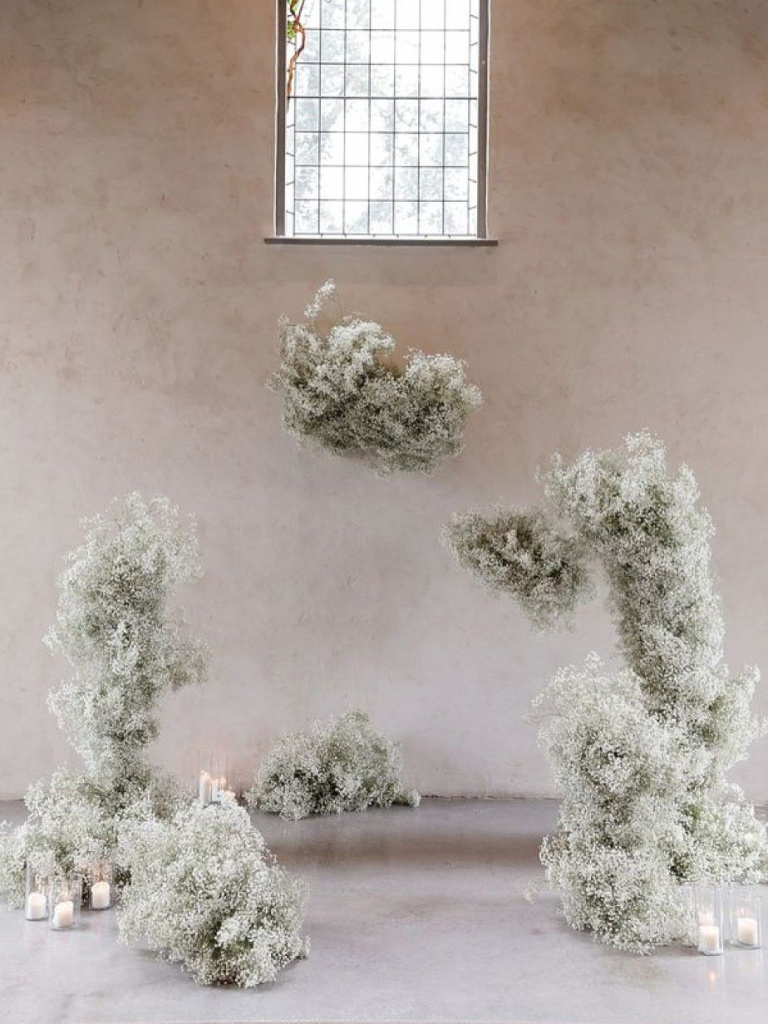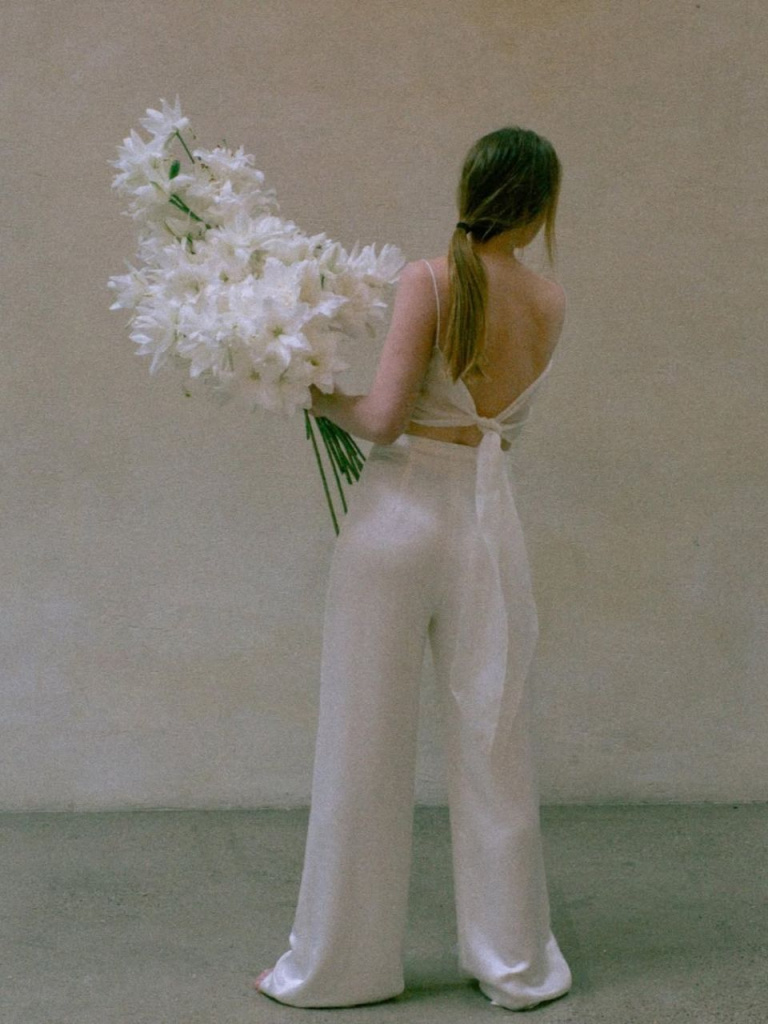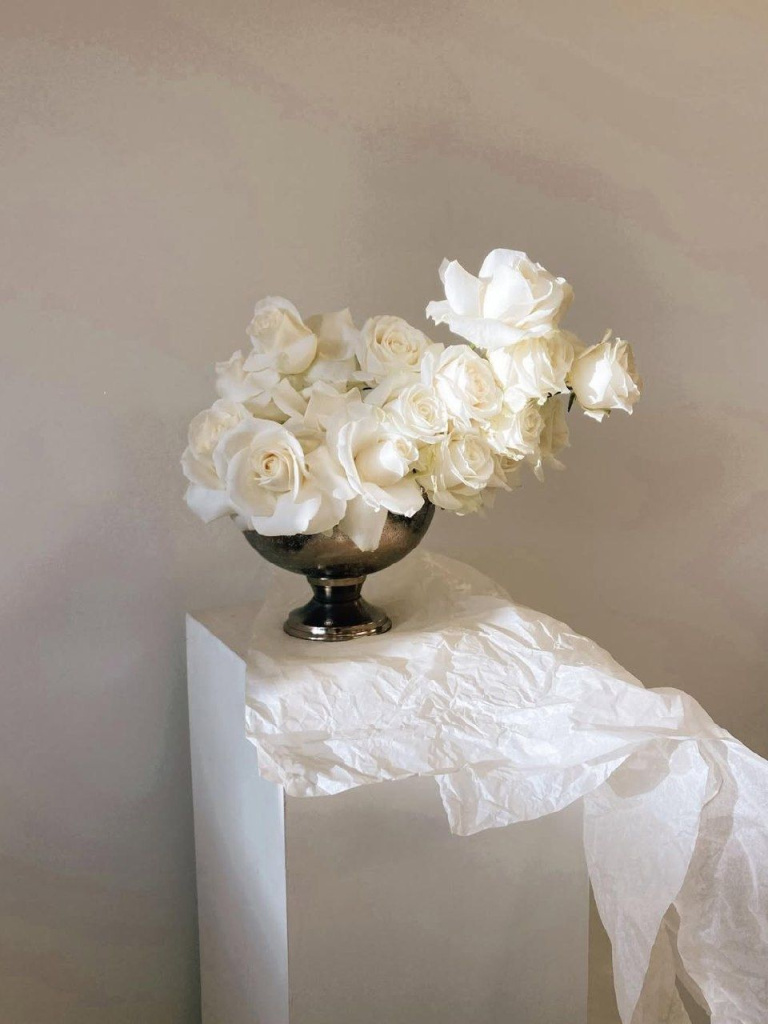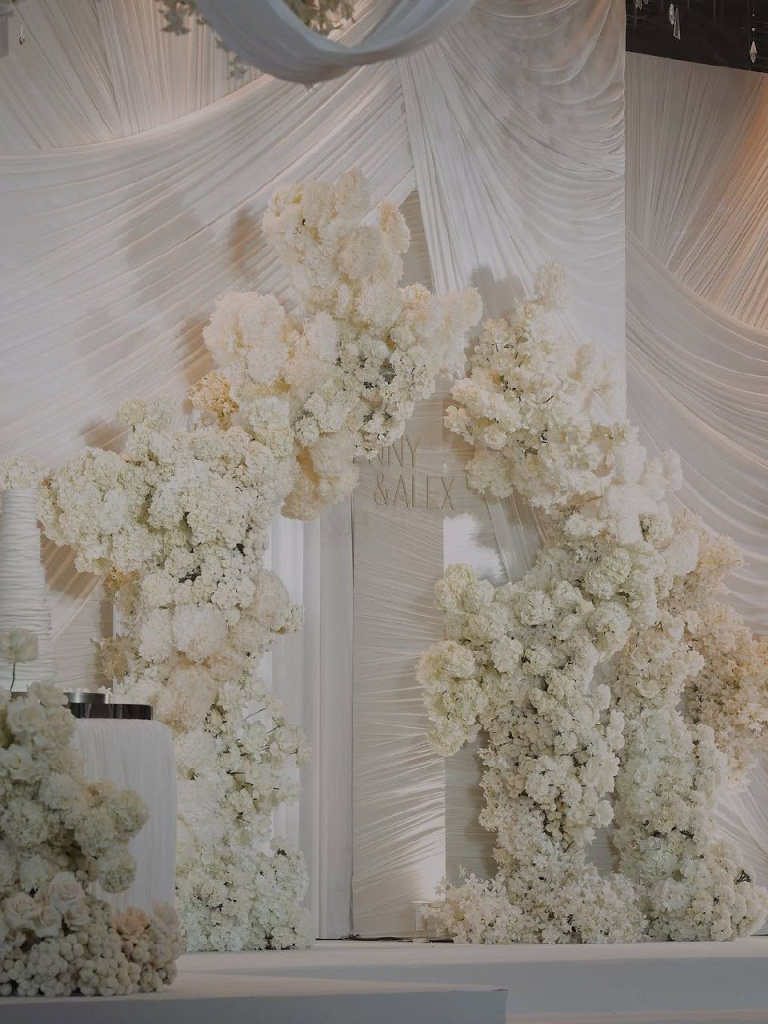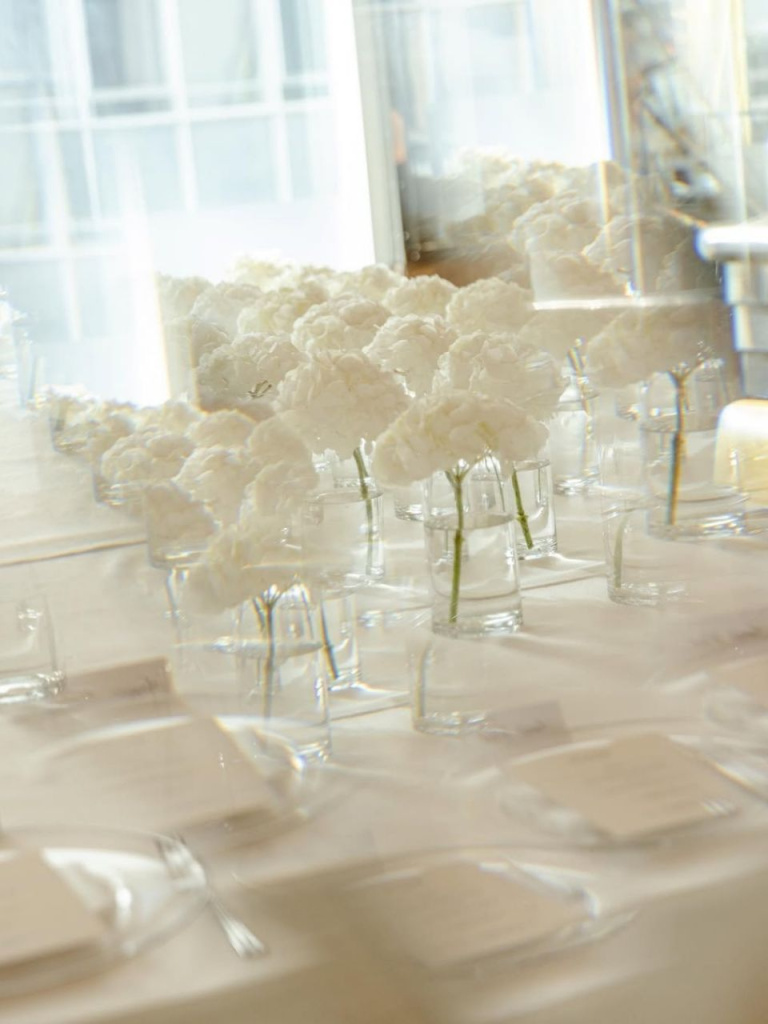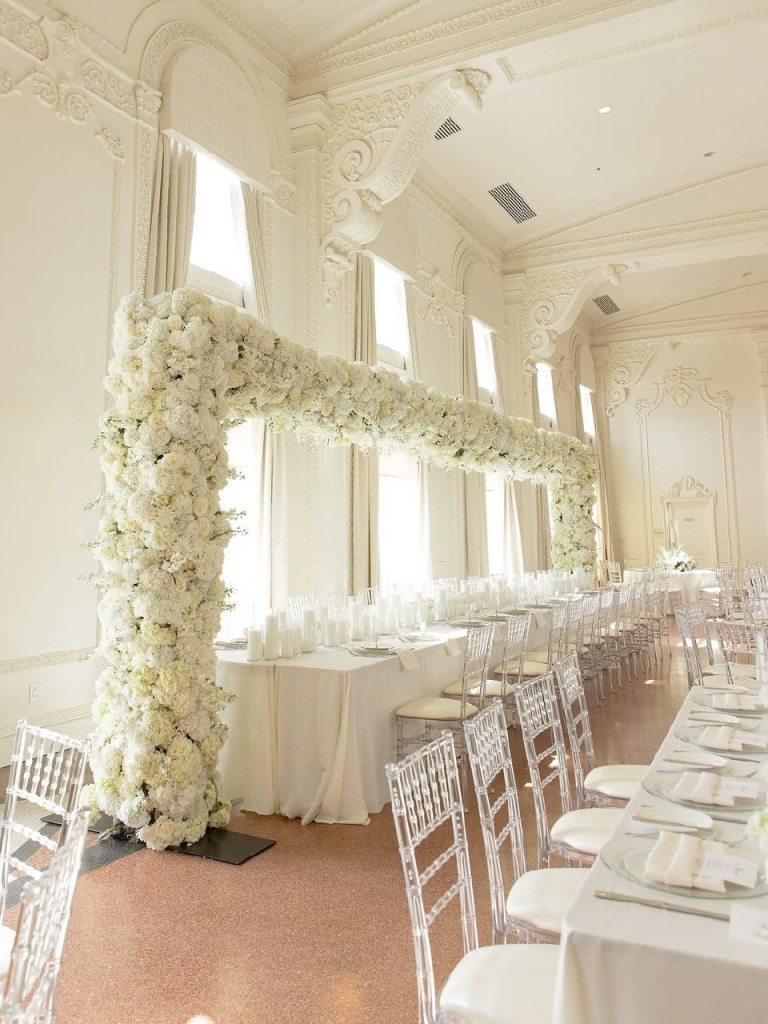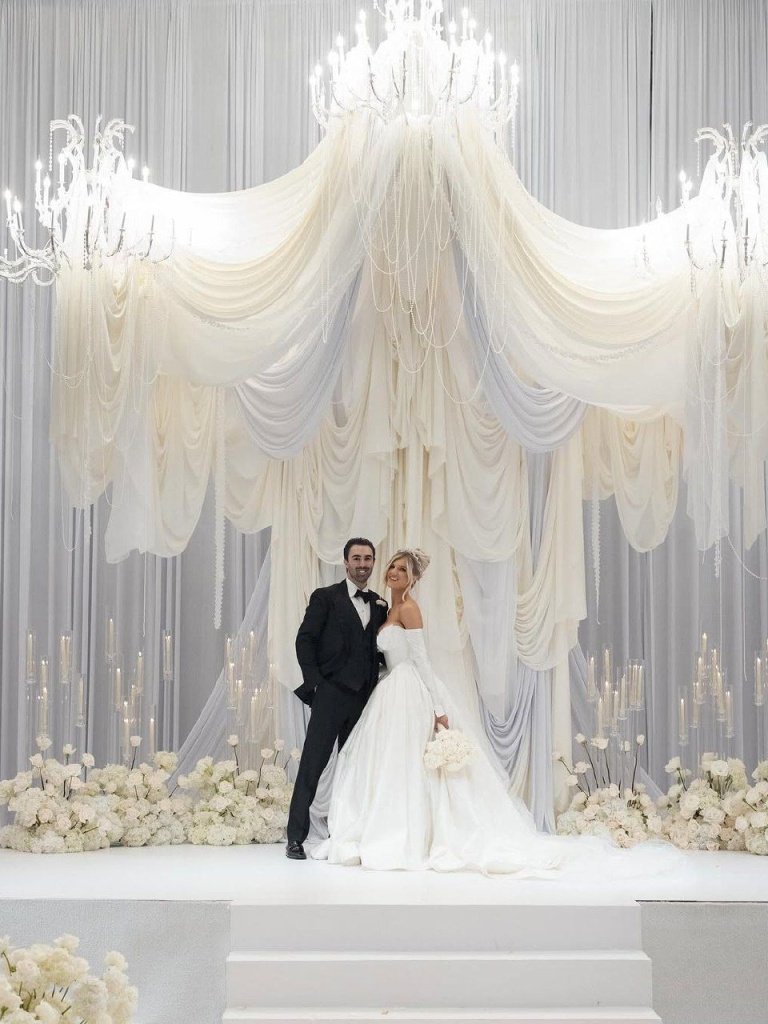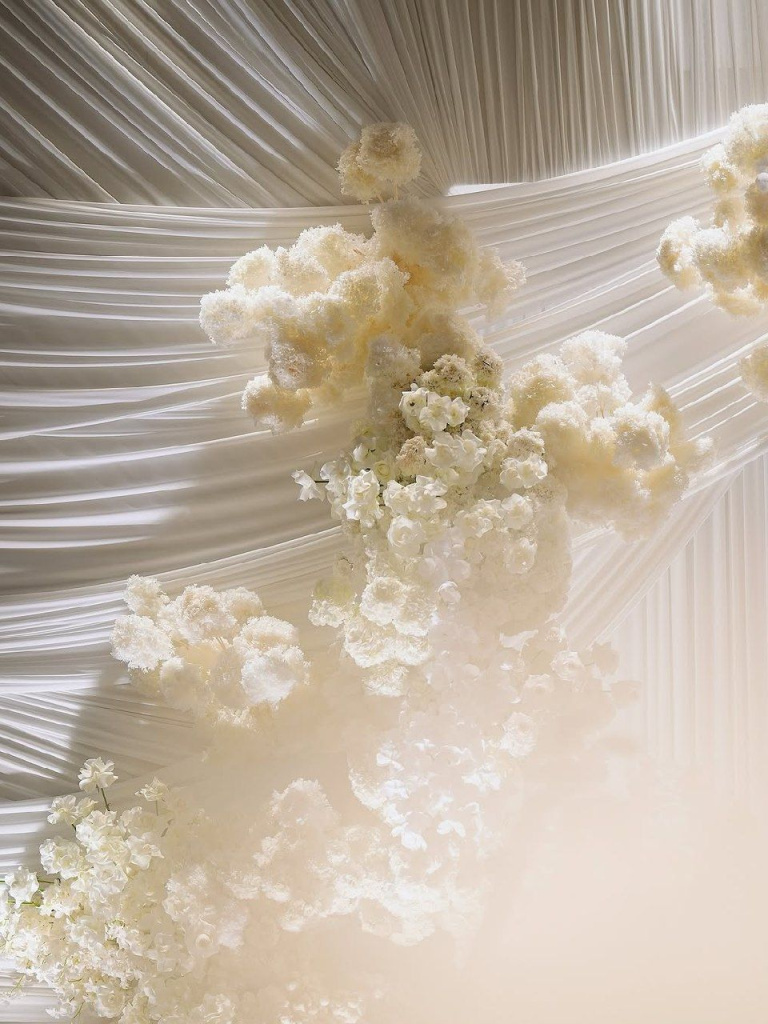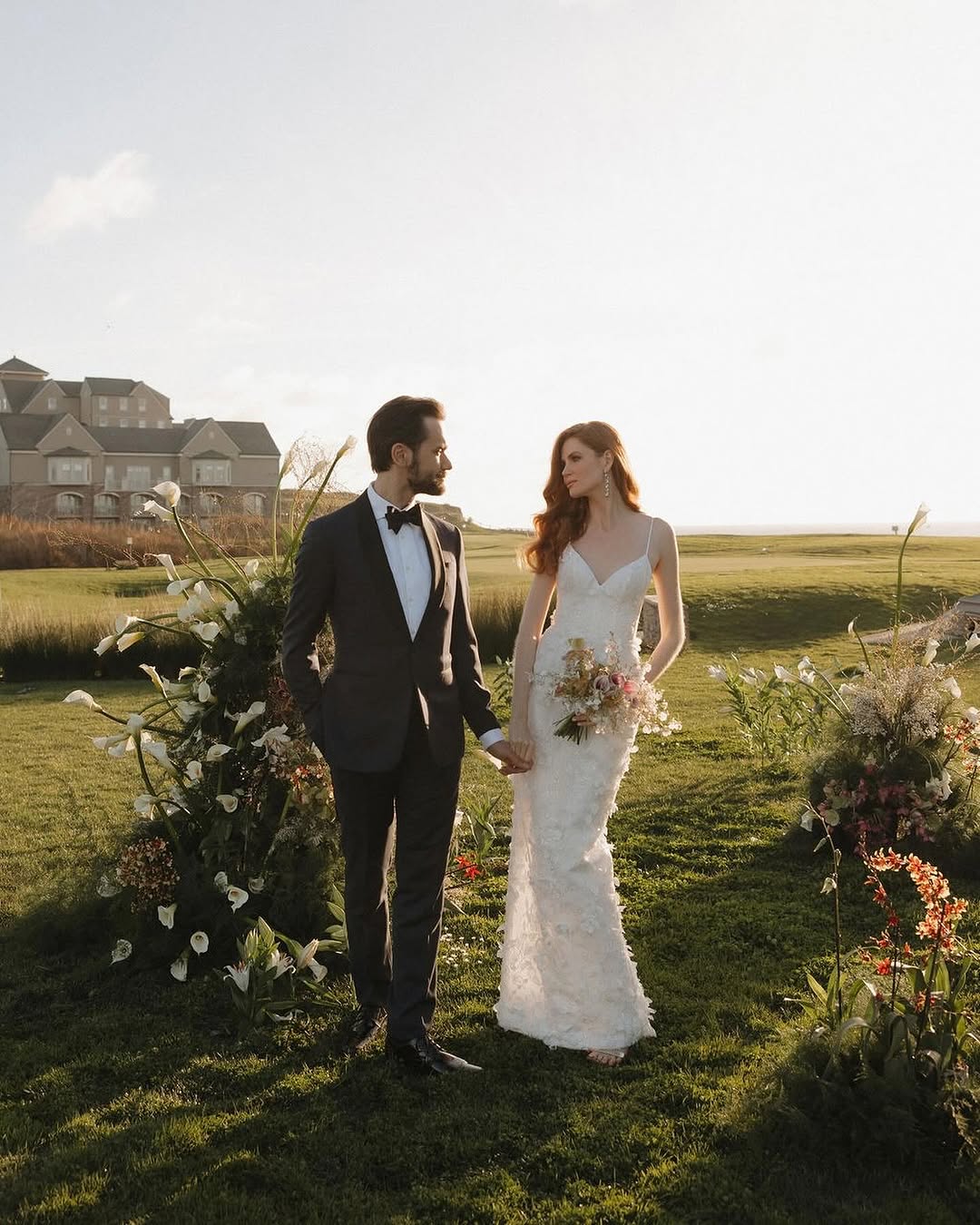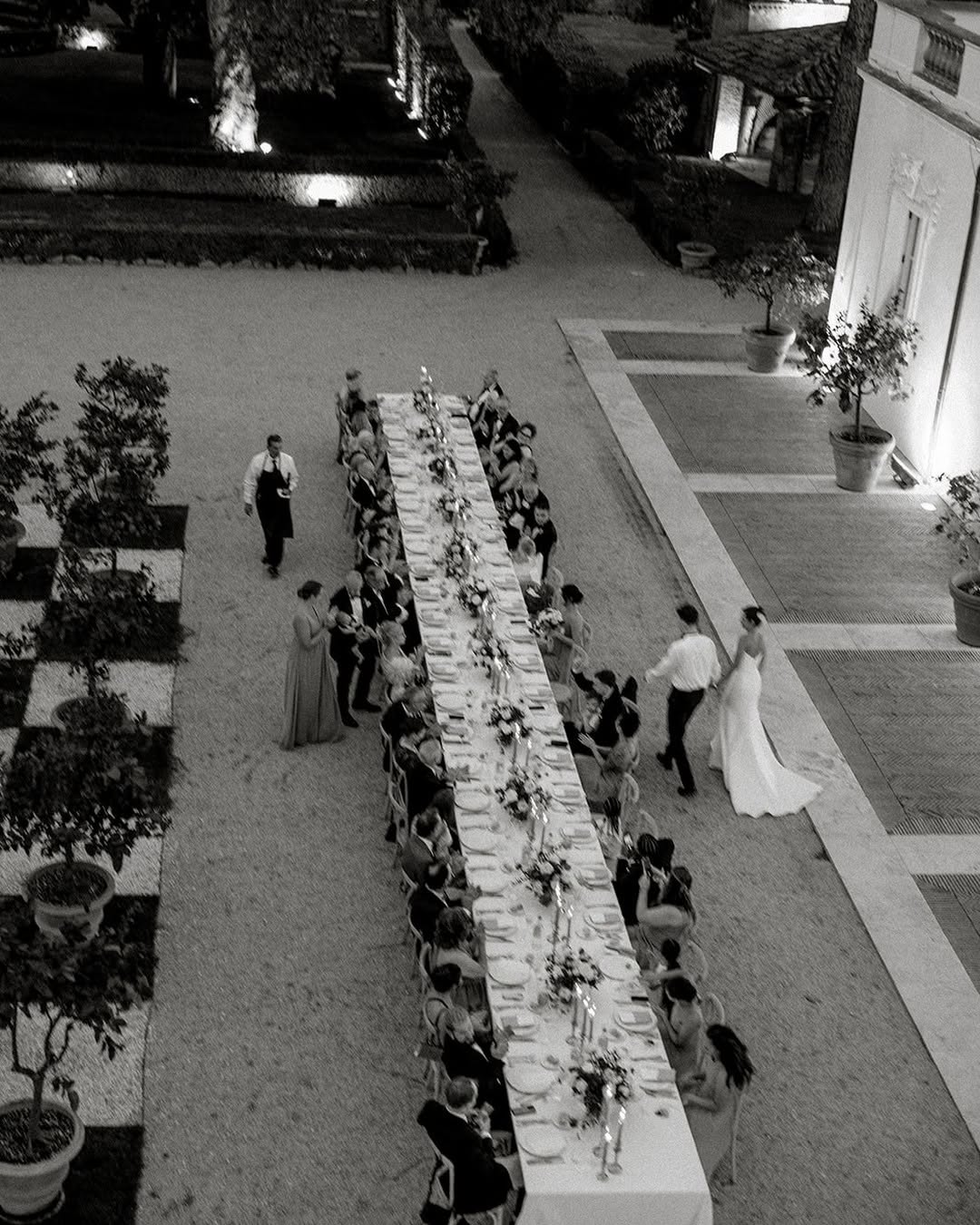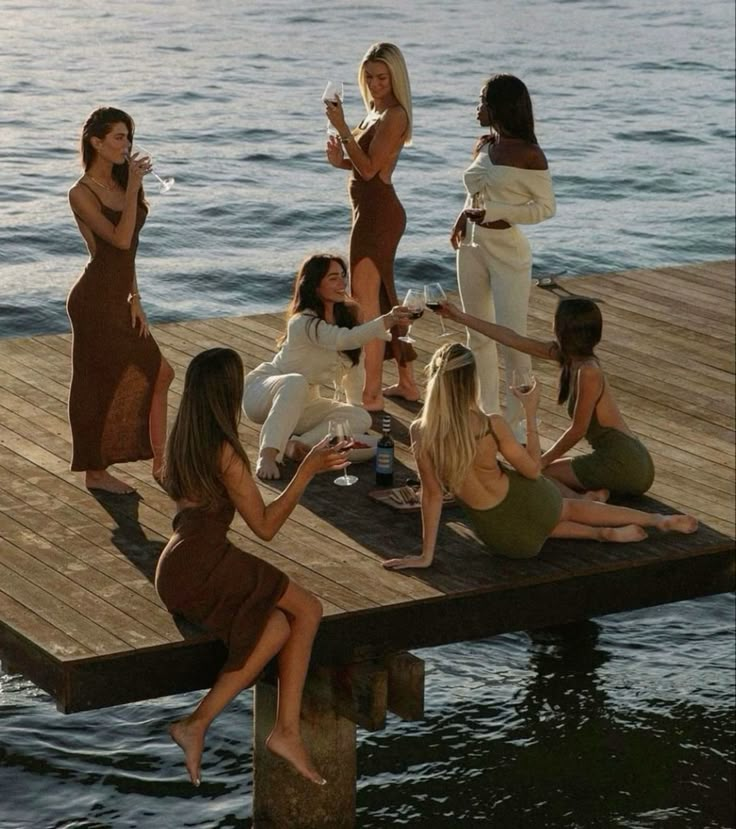Flowers in Wedding Traditions Worldwide
- Author: Natali Grace Levine
- Reading time: 5 min 11 sec
- Publication date: 02/10/2025
- The Symbolic Meaning of Flowers in Weddings
- Ancient Wedding Traditions and Flowers
- Flowers in European Wedding Traditions
- Asian Wedding Traditions and Floral Symbolism
- African Wedding Traditions and Floral Elements
- Middle Eastern Wedding Traditions and Floral Significance
- North and South American Wedding Floral Traditions
- The Modern Influence of Wedding Flowers
- Choosing the Right Flowers for Your Wedding
The Symbolic Meaning of Flowers in Weddings
Flowers have long played a significant role in wedding ceremonies across different cultures. They symbolize love, prosperity, fertility, and new beginnings. From ancient rituals to modern-day celebrations, flowers bring beauty and meaning to weddings. Different cultures attach various symbolic meanings to floral arrangements, making them an integral part of wedding traditions worldwide.Beyond their aesthetic appeal, flowers in weddings also carry deep emotional and spiritual significance. They are believed to convey unspoken emotions, strengthen bonds, and create an atmosphere of joy and celebration. The choice of flowers often reflects the couple's personalities, cultural heritage, and aspirations for the future. Some flowers are selected for their fragrance, adding a sensory experience to wedding ceremonies, while others are chosen for their longevity, symbolizing enduring love and commitment.In many cultures, flowers are also associated with blessings and protection. Certain blooms are believed to ward off negative energies and bring harmony to the newlyweds. For example, in some traditions, flowers are incorporated into religious or spiritual rituals to seek divine blessings for a prosperous and happy marriage. Whether through a simple bouquet or elaborate floral installations, flowers remain an essential element that transcends time, uniting different cultures in the universal celebration of love.
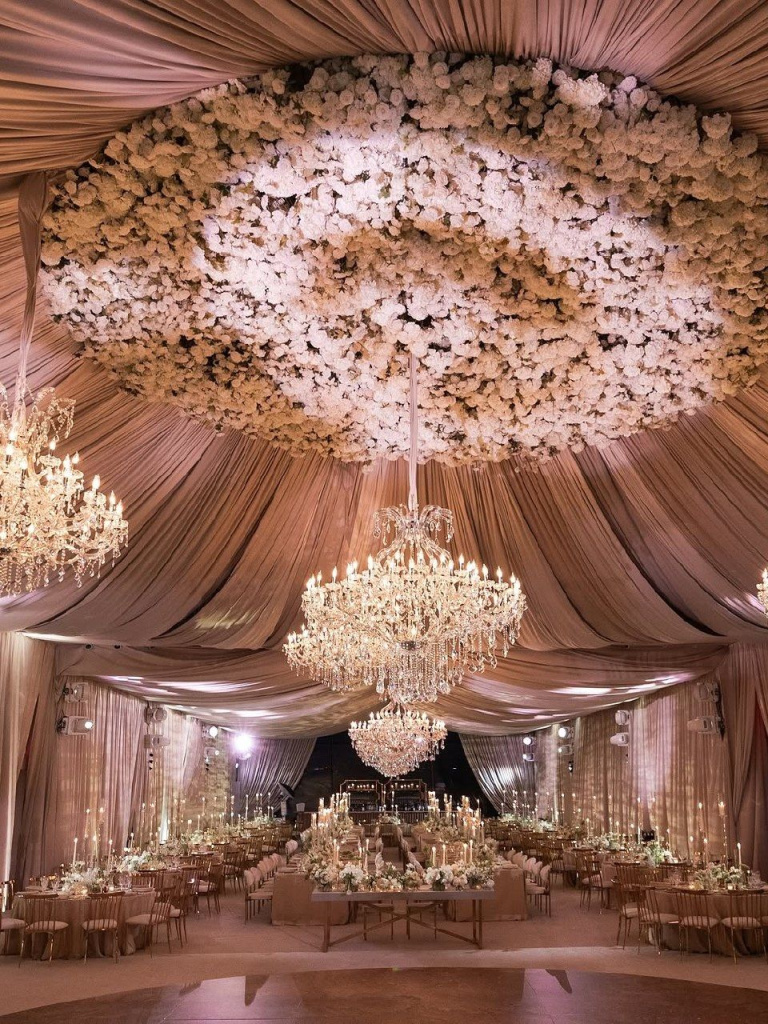
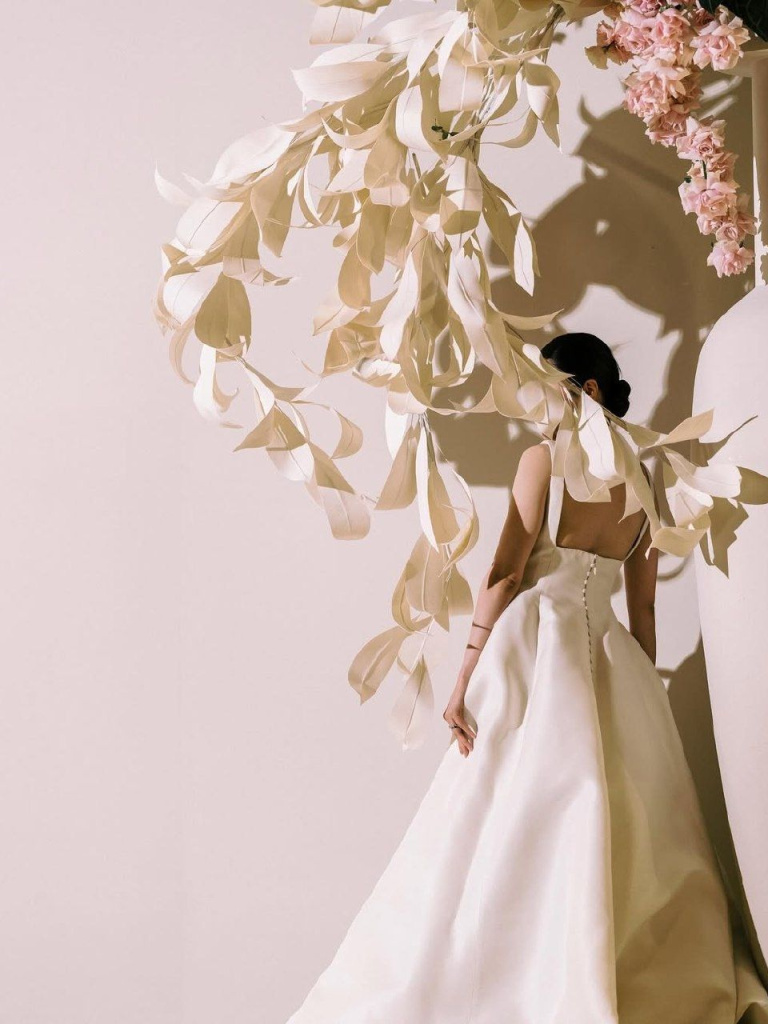
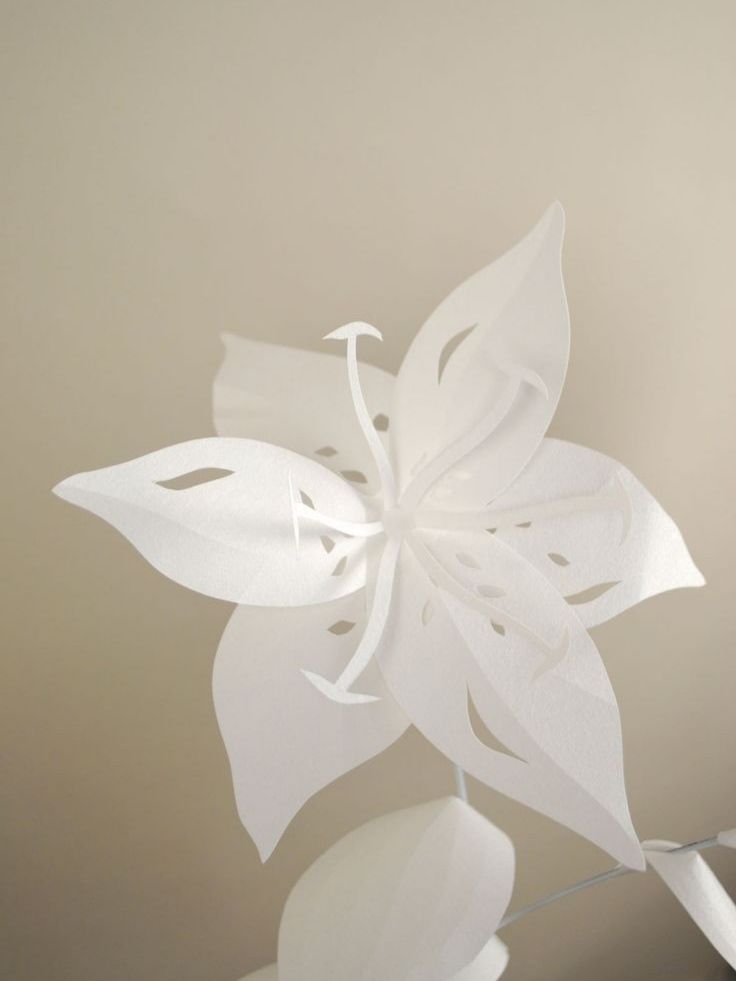
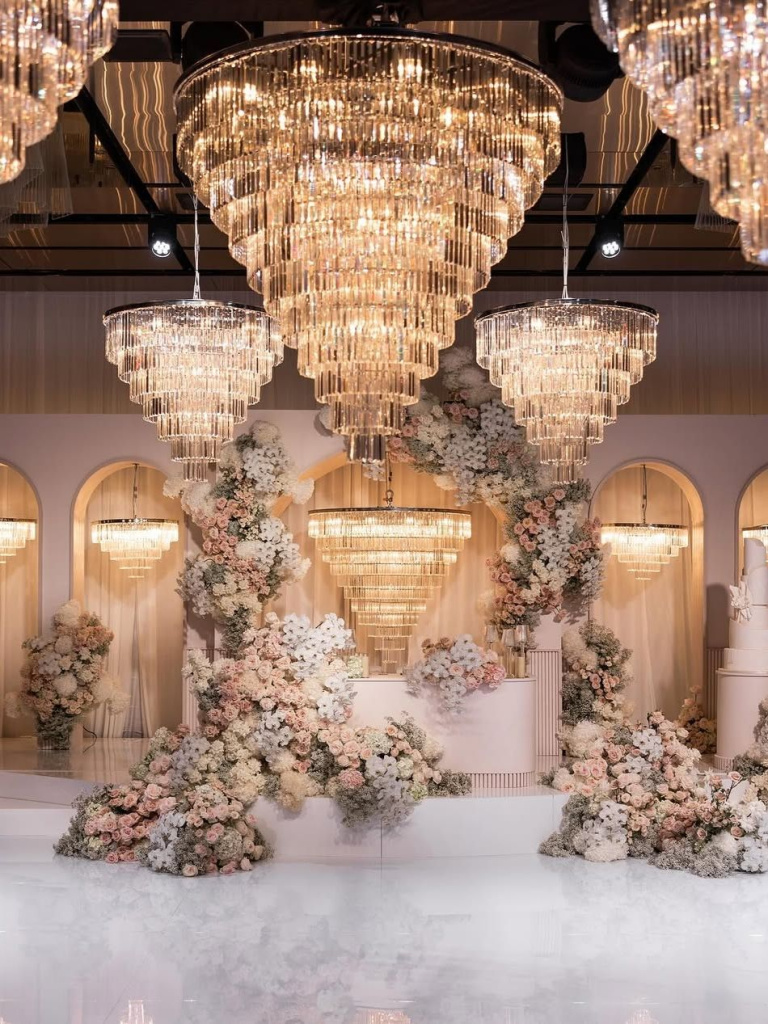
Ancient Wedding Traditions and Flowers
Flowers have been used in wedding traditions for centuries. In ancient Rome, brides carried bouquets of herbs and flowers to ward off evil spirits and bring good fortune. Greek brides wore floral crowns, signifying purity and innocence. In ancient China, flowers such as peonies and orchids were used to symbolize good luck and prosperity in marriage.
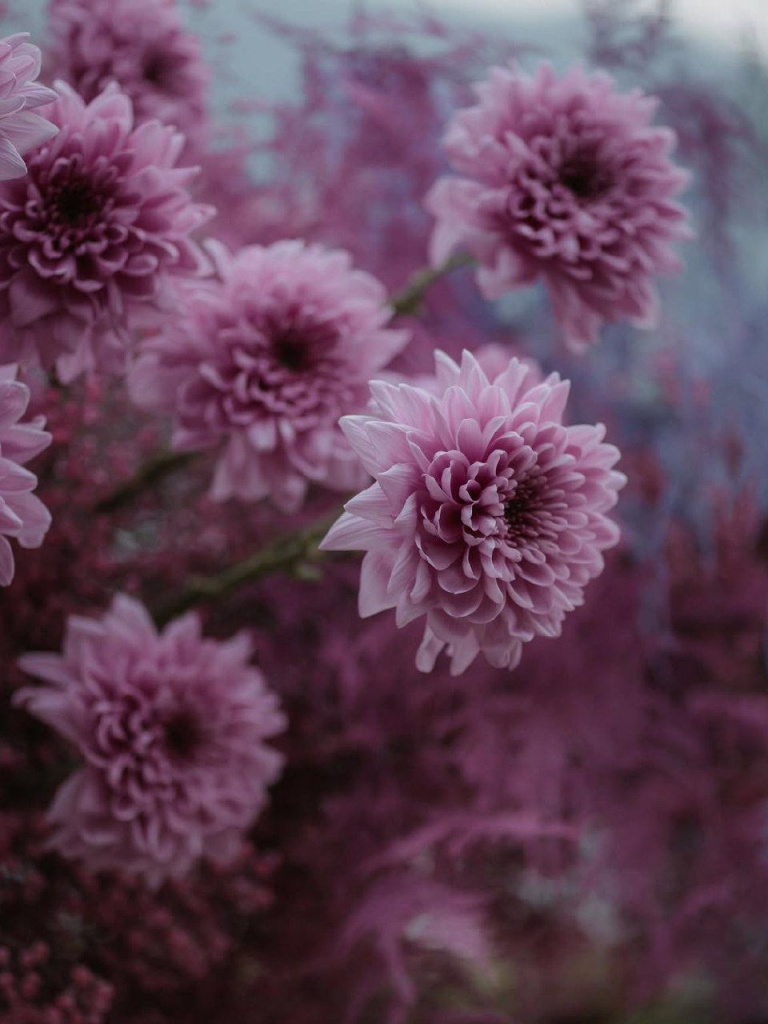
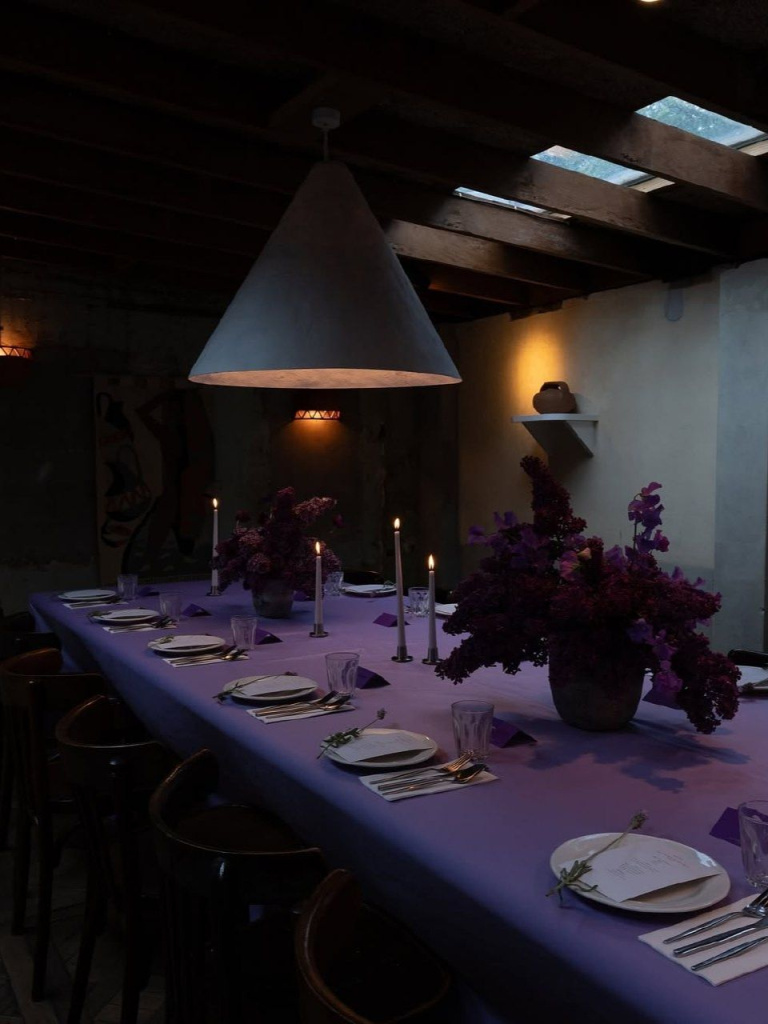
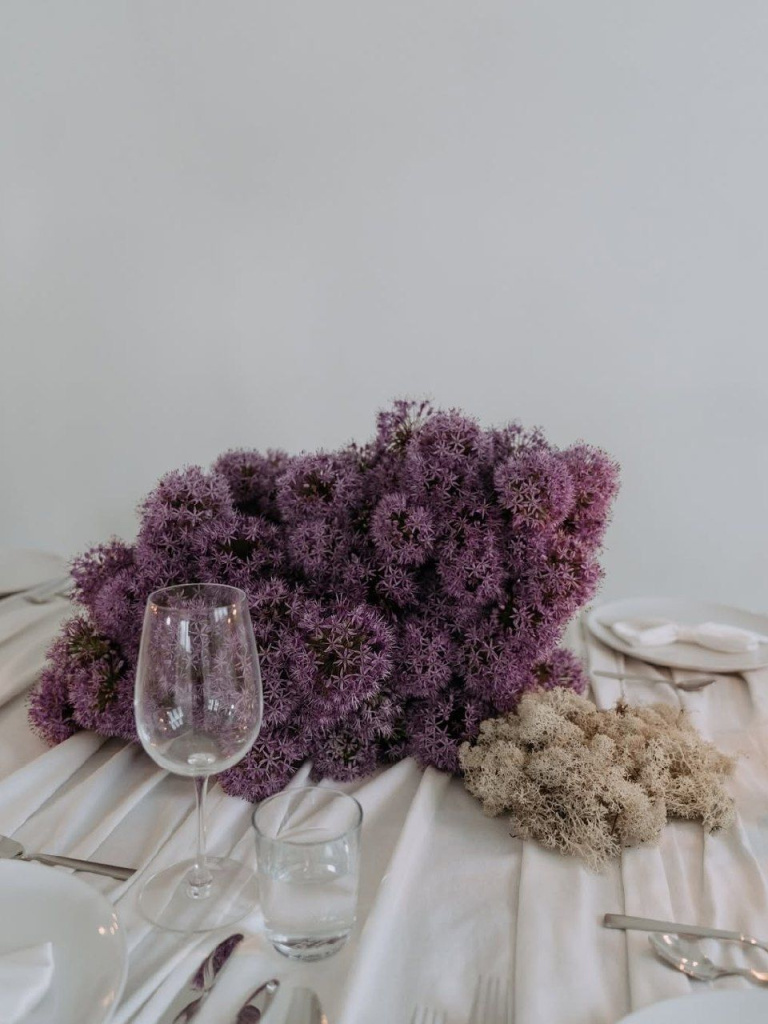
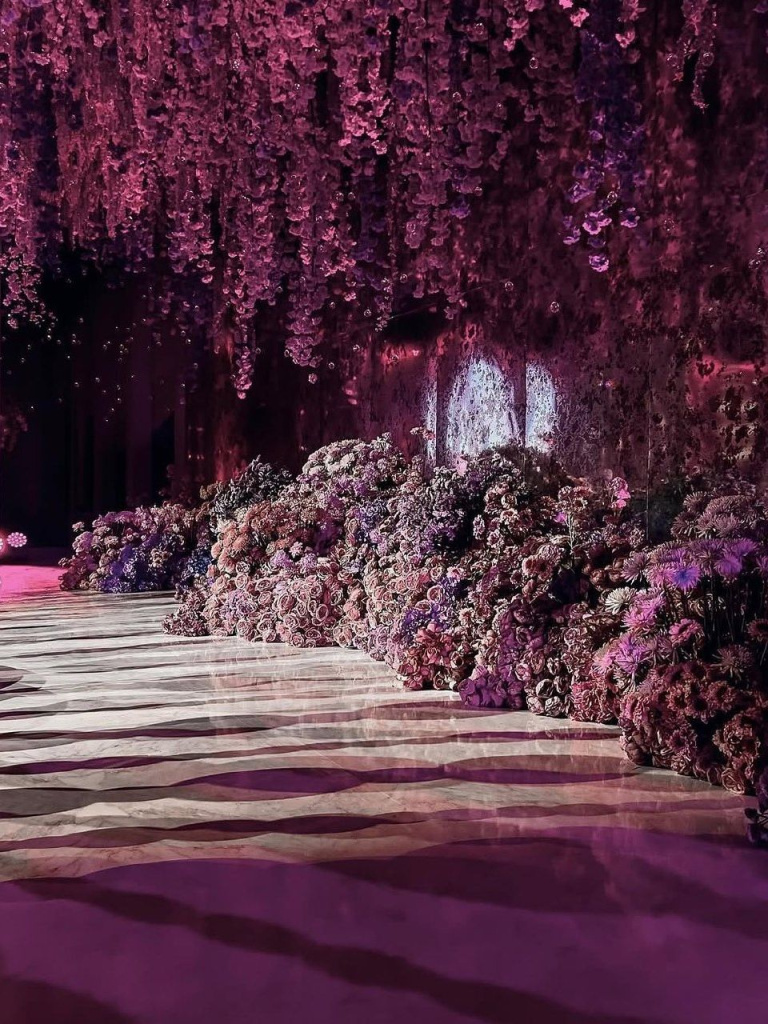
Flowers in European Wedding Traditions
In many European traditions, flowers are central to wedding customs. In the Victorian era, the language of flowers, known as floriography, became popular. Brides carefully selected flowers based on their meanings. For example, roses symbolize love, lilies represent purity, and daisies stand for innocence. Today, European weddings often feature elaborate floral decorations, from bouquets to floral arches and table centerpieces.
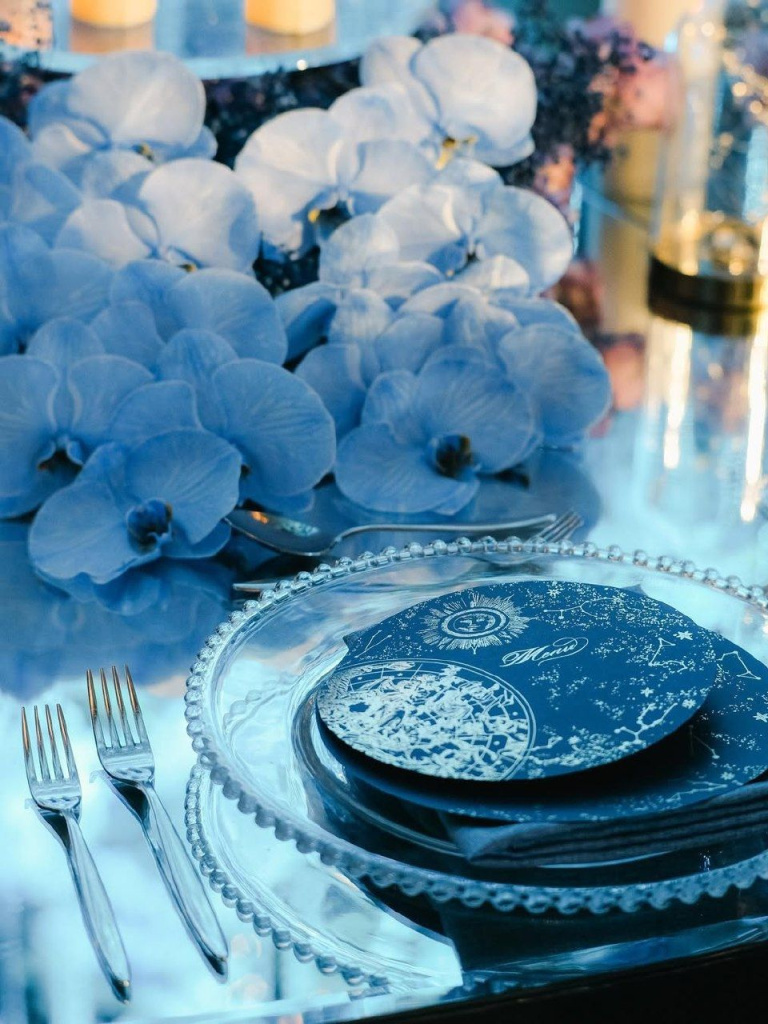
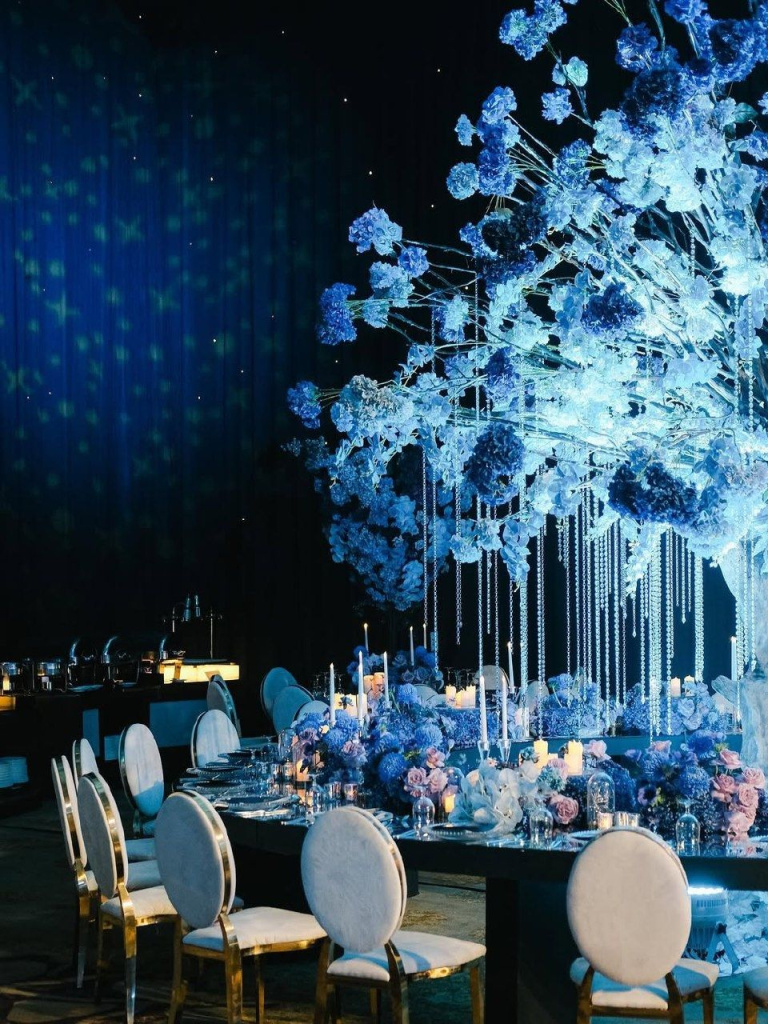
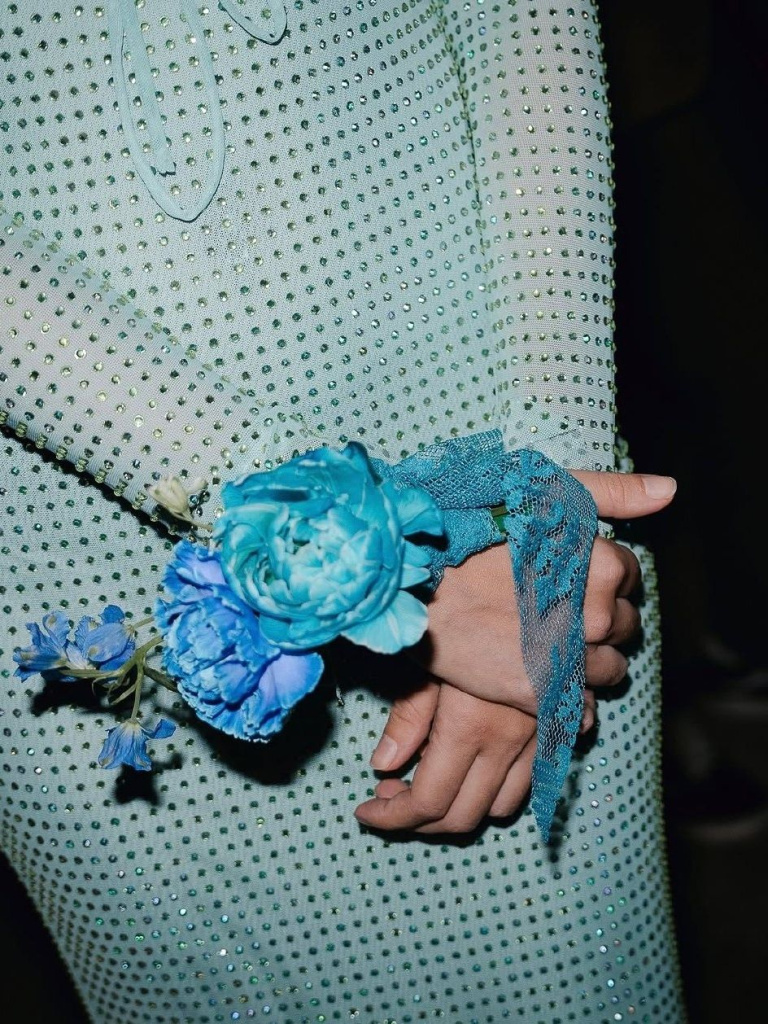
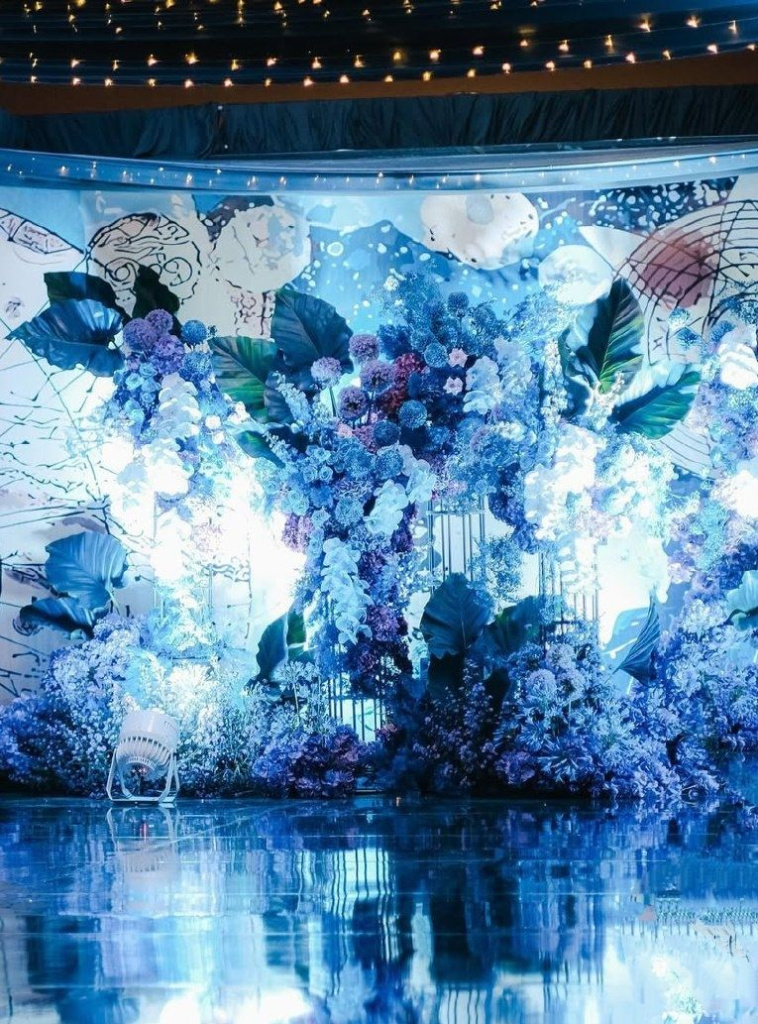
Asian Wedding Traditions and Floral Symbolism
In Chinese weddings, red is a dominant color, symbolizing joy and prosperity. Red peonies, orchids, and lotuses are often included in wedding floral arrangements. The peony, known as the "king of flowers," represents wealth and honor, making it a popular choice for wedding ceremonies.Indian weddings are known for their vibrant floral decorations. Marigolds, jasmine, and roses are commonly used. Flower garlands, known as "varmala" or "jaimala," play a crucial role in Hindu wedding ceremonies. The bride and groom exchange garlands as a sign of mutual respect and acceptance. Roses and lotuses, symbolizing love and divine beauty, are often included in wedding décor.In Japanese Shinto weddings, cherry blossoms and chrysanthemums are significant. Cherry blossoms symbolize the fleeting nature of life and love, while chrysanthemums represent longevity and happiness. Ikebana, the traditional Japanese art of floral arrangement, is sometimes incorporated into wedding ceremonies.
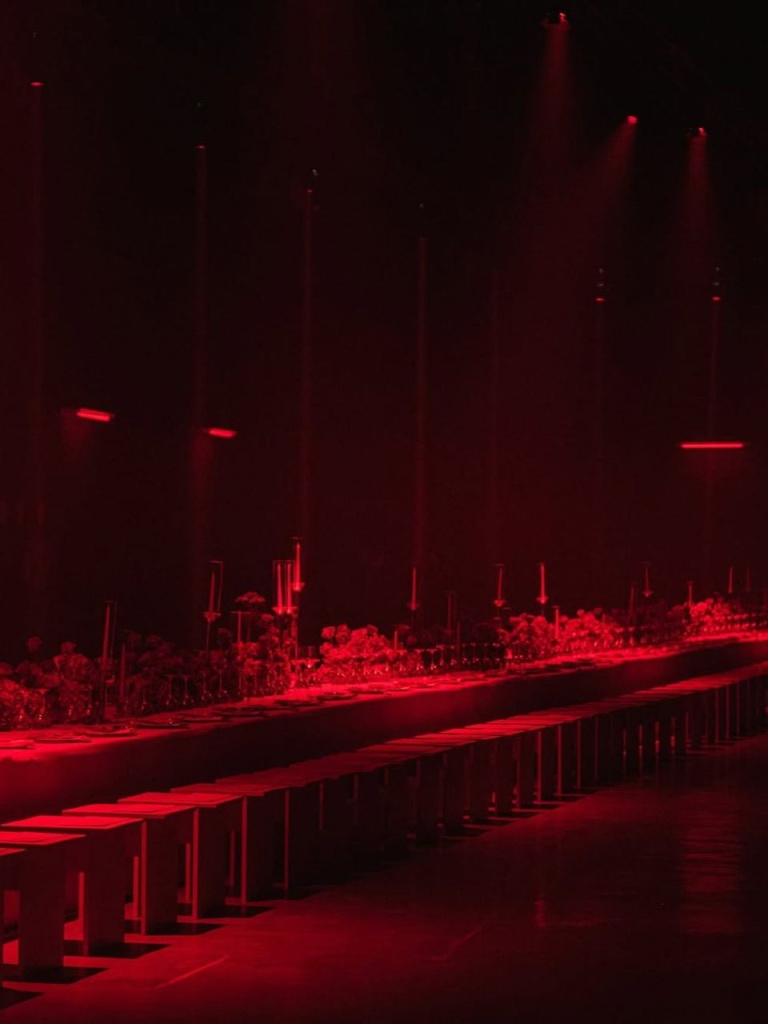
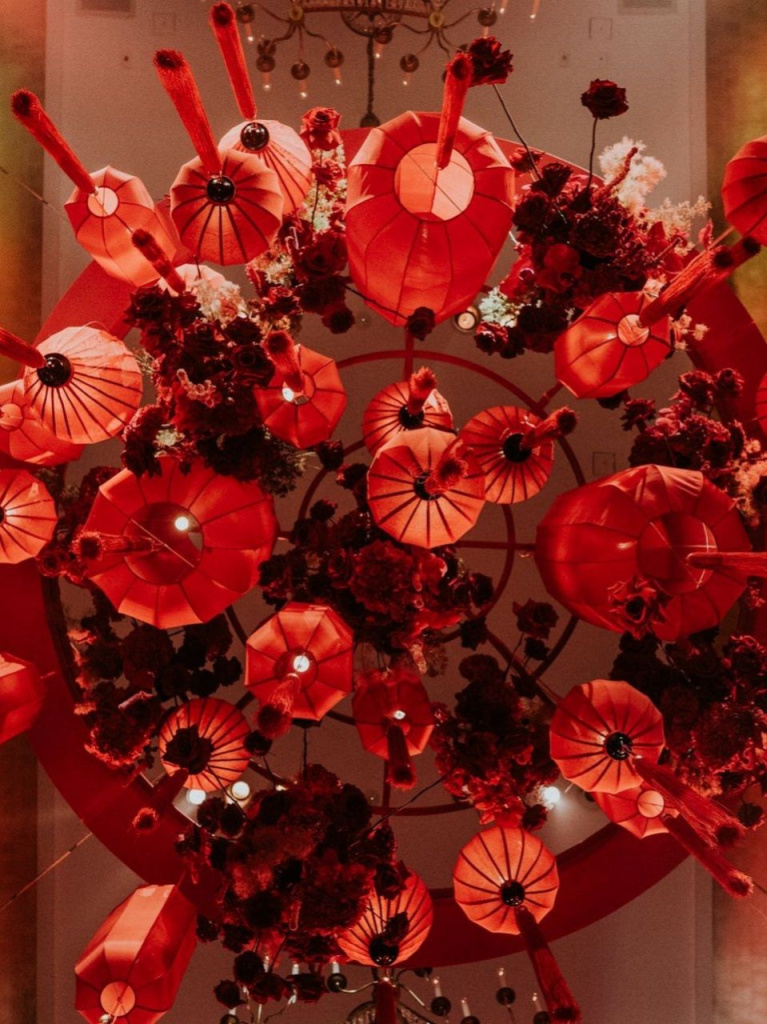
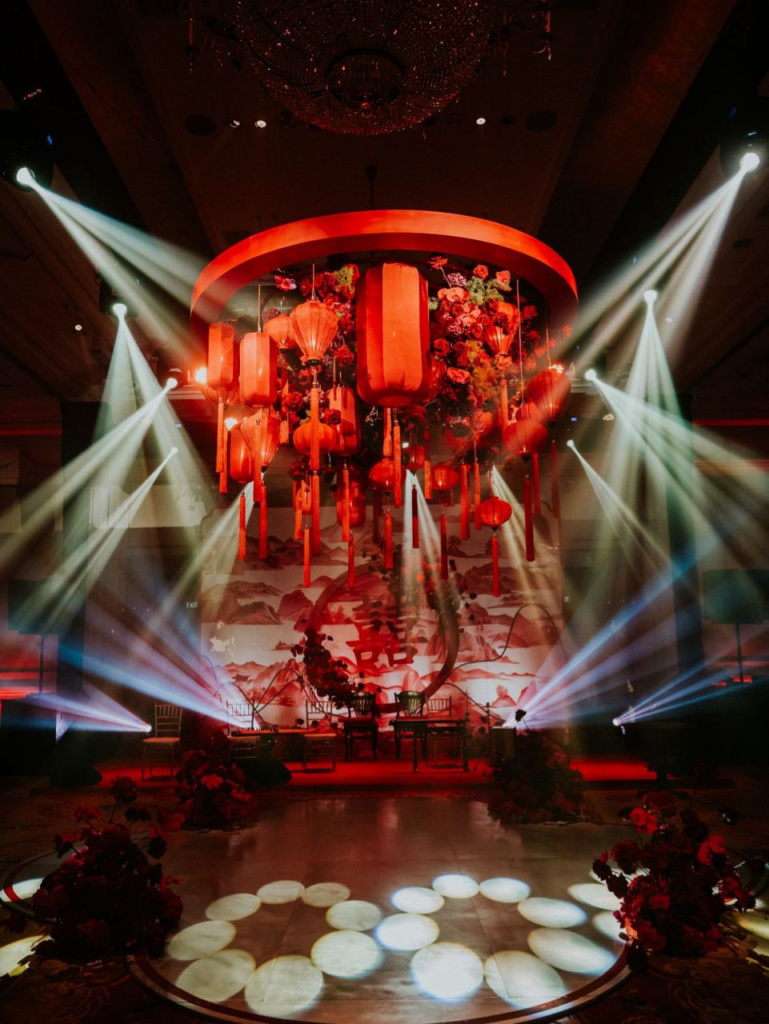
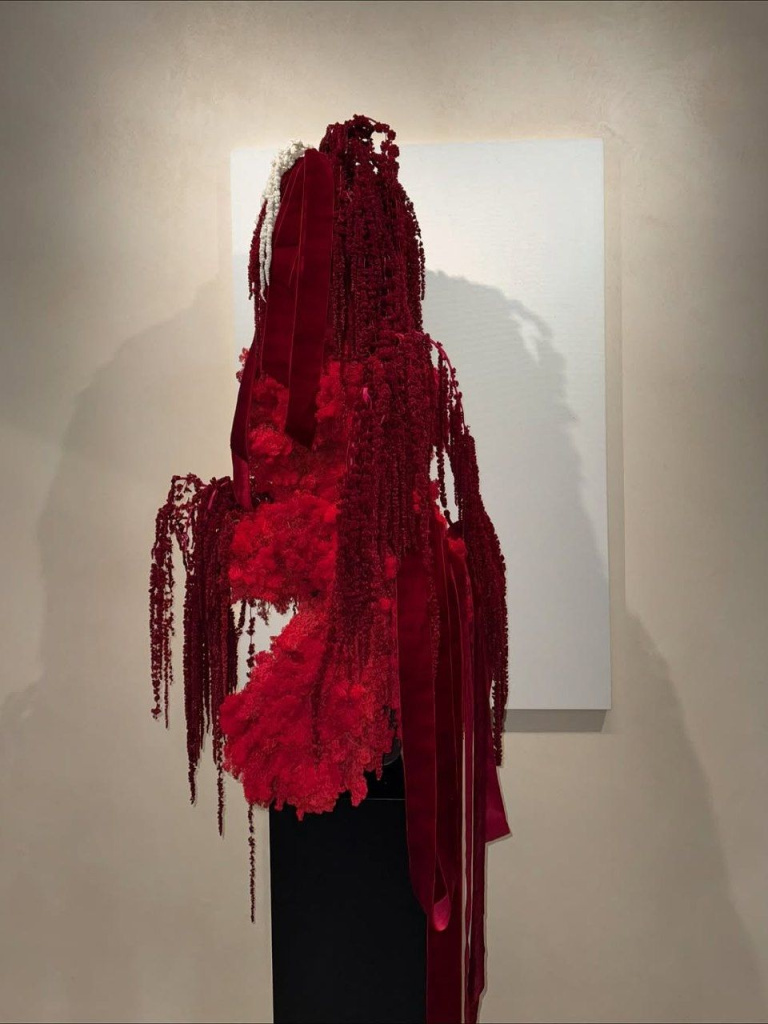
African Wedding Traditions and Floral Elements
African weddings are rich in tradition and symbolism. Many African cultures use flowers for blessings and protection. In South Africa, the King Protea, the national flower, symbolizes change and hope. Some African weddings incorporate fresh flower petals in traditional ceremonies, while others use floral jewelry made of indigenous blooms.
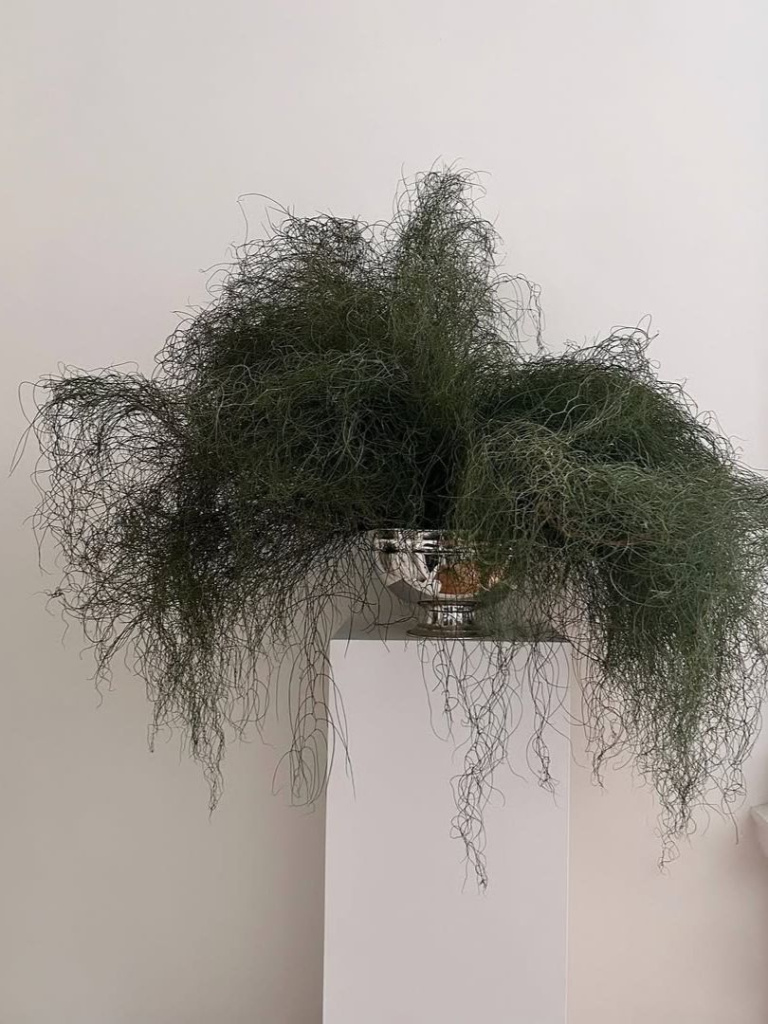
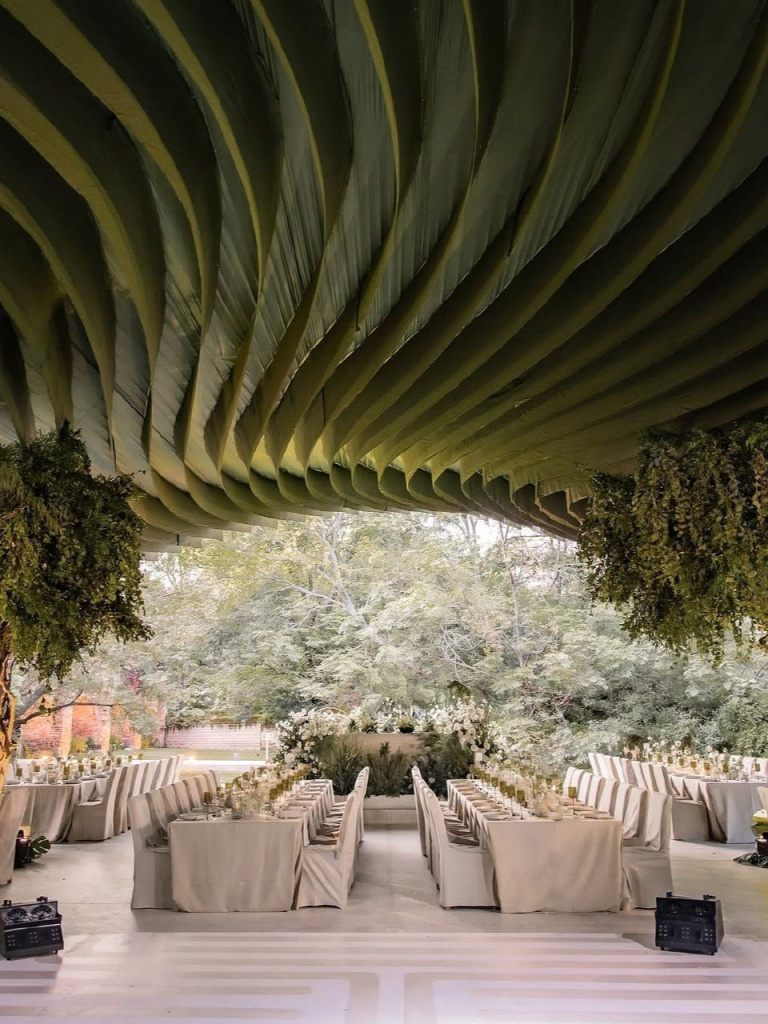
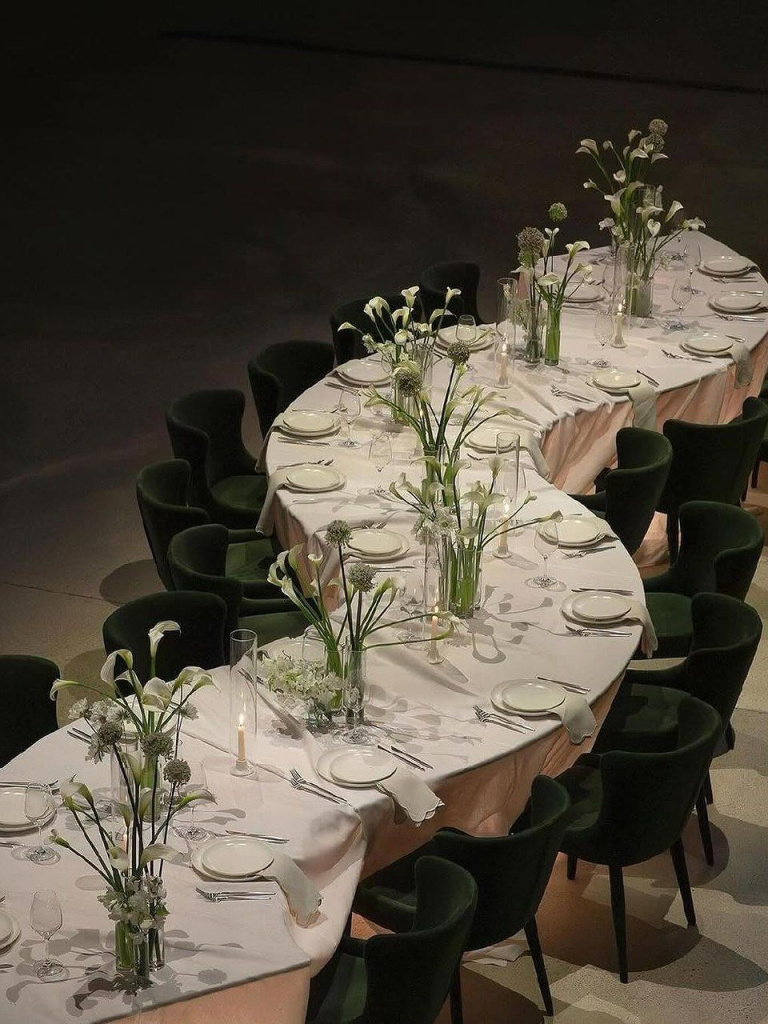
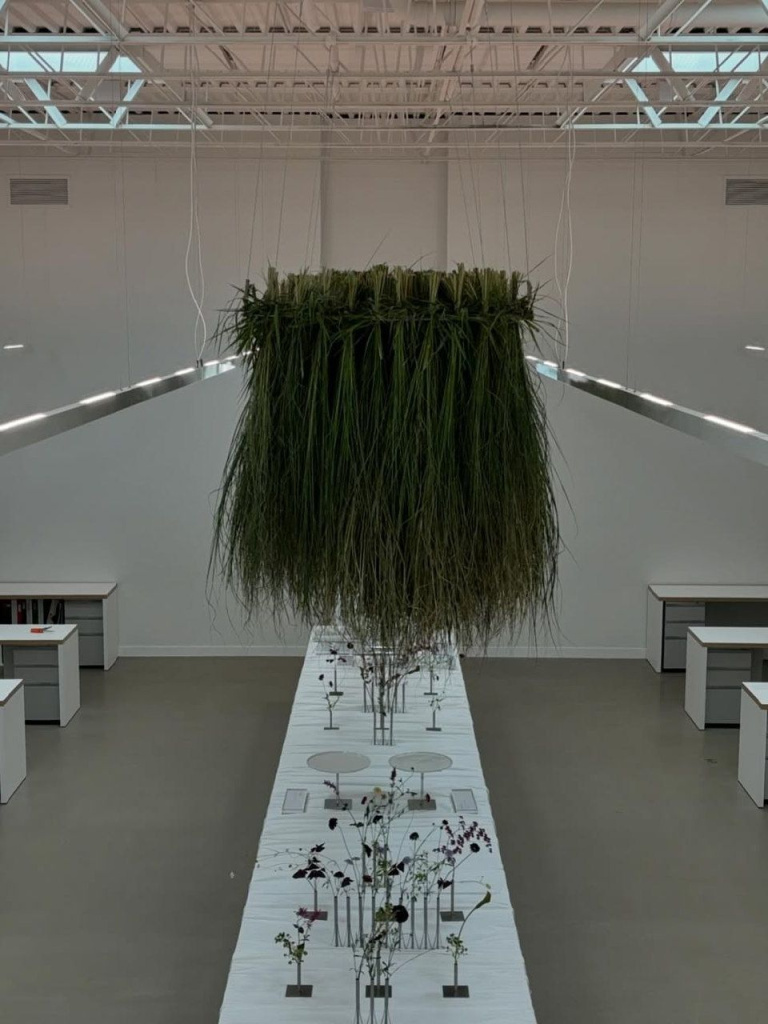
Middle Eastern Wedding Traditions and Floral Significance
Middle Eastern weddings often feature fragrant flowers such as jasmine, roses, and orange blossoms. Orange blossoms are particularly significant, symbolizing fertility and eternal love. Persian weddings include a "Sofreh Aghd," a ceremonial spread featuring flowers, herbs, and symbolic items to bless the couple’s marriage.
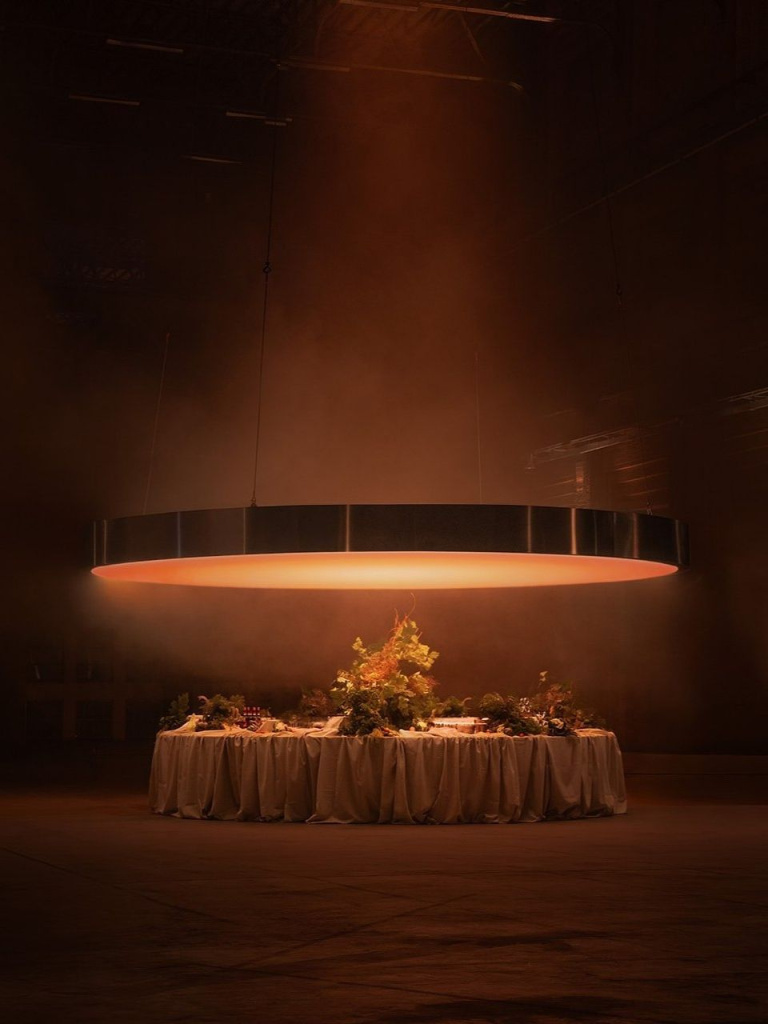
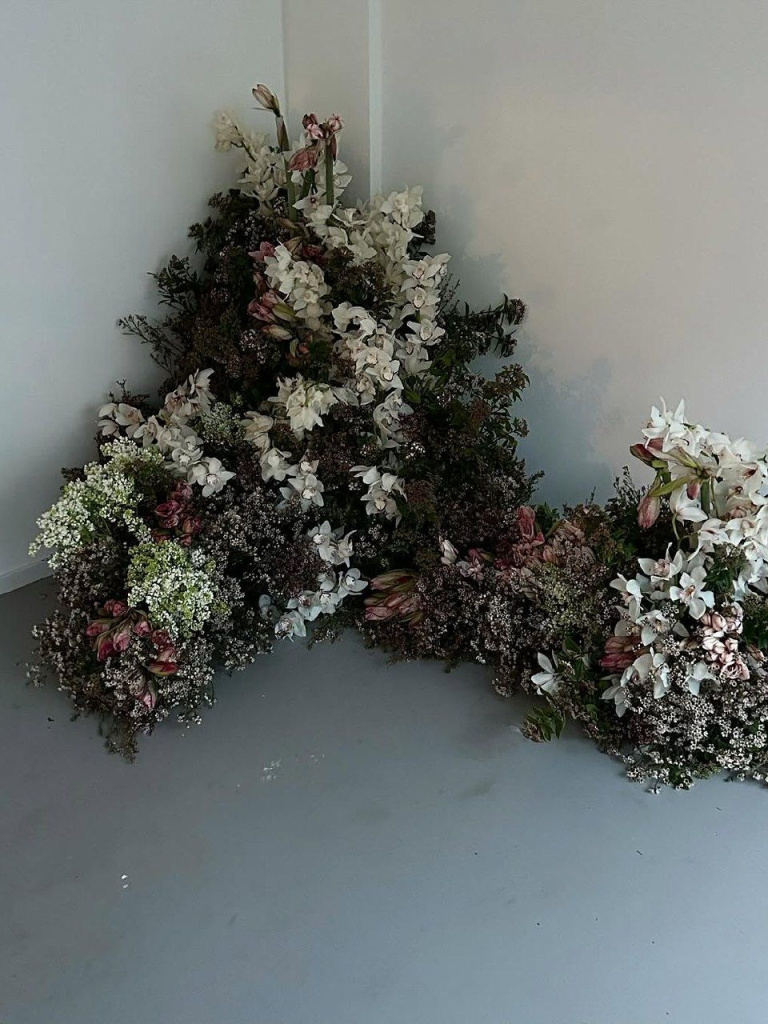
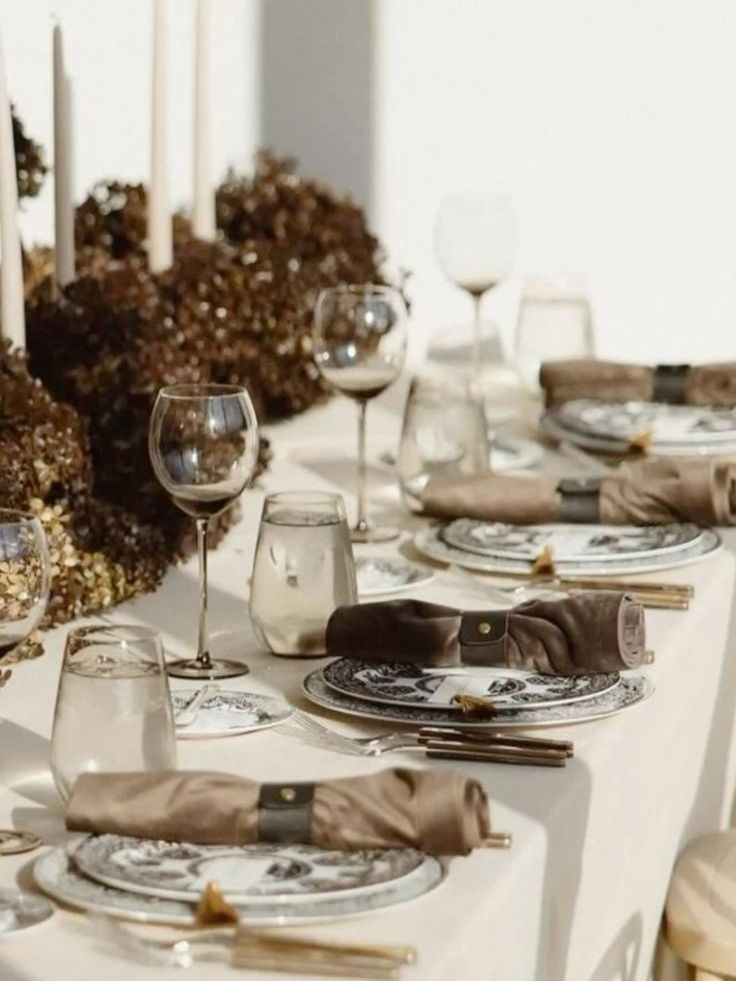
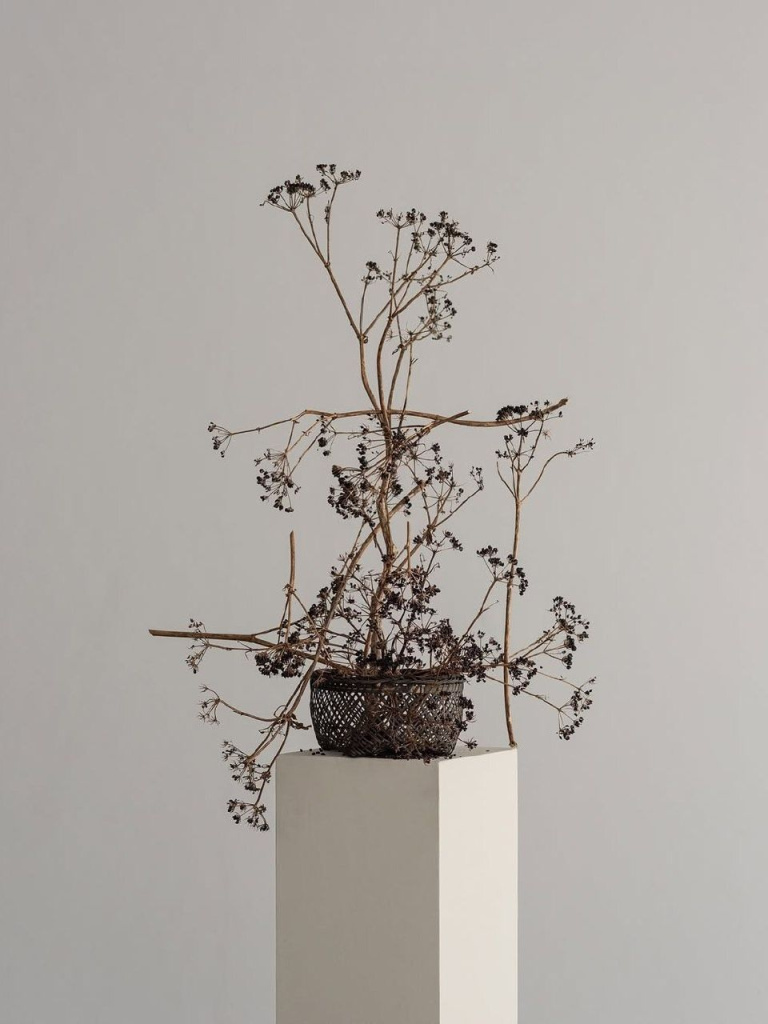
North and South American Wedding Floral Traditions
In the United States and Canada, wedding flowers are chosen based on personal preferences and seasonal availability. Classic choices include roses, peonies, and lilies. Bridal bouquets are often designed to match wedding themes, and floral arrangements play a major role in ceremony and reception décorLatin American weddings incorporate flowers in vibrant and meaningful ways. In Mexico, marigolds are used in wedding celebrations, symbolizing the connection between the living and ancestors. In Brazil, orchids are a popular choice, representing beauty, strength, and love. Many South American brides also carry bouquets with lucky charms hidden inside for good fortune.
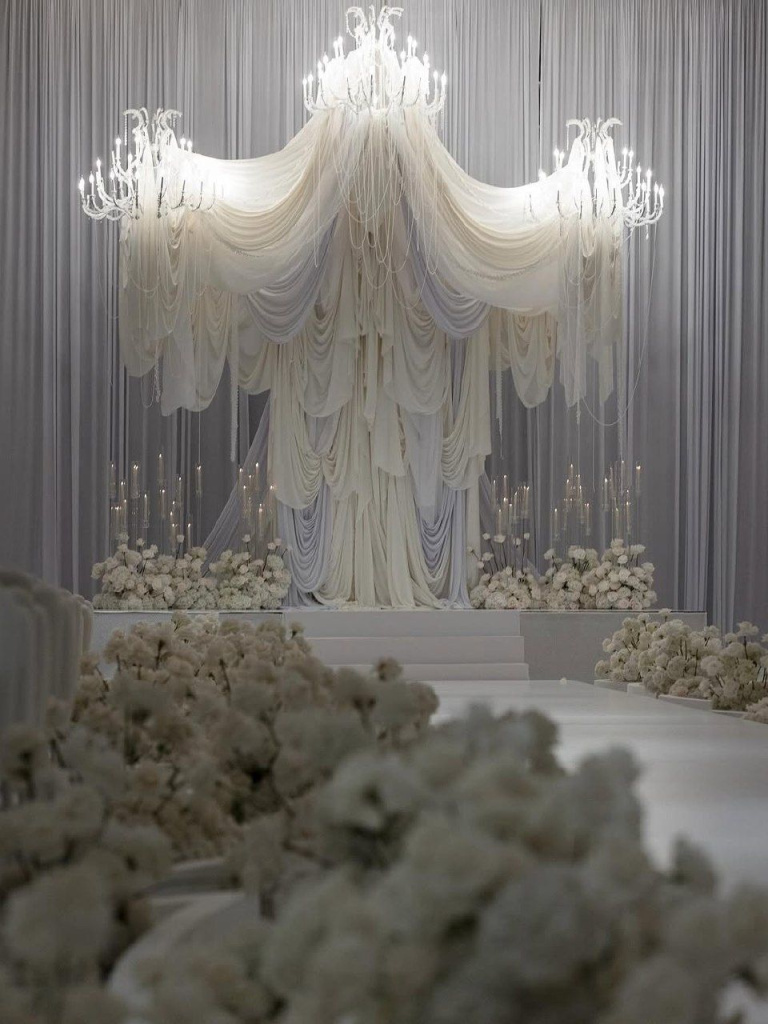
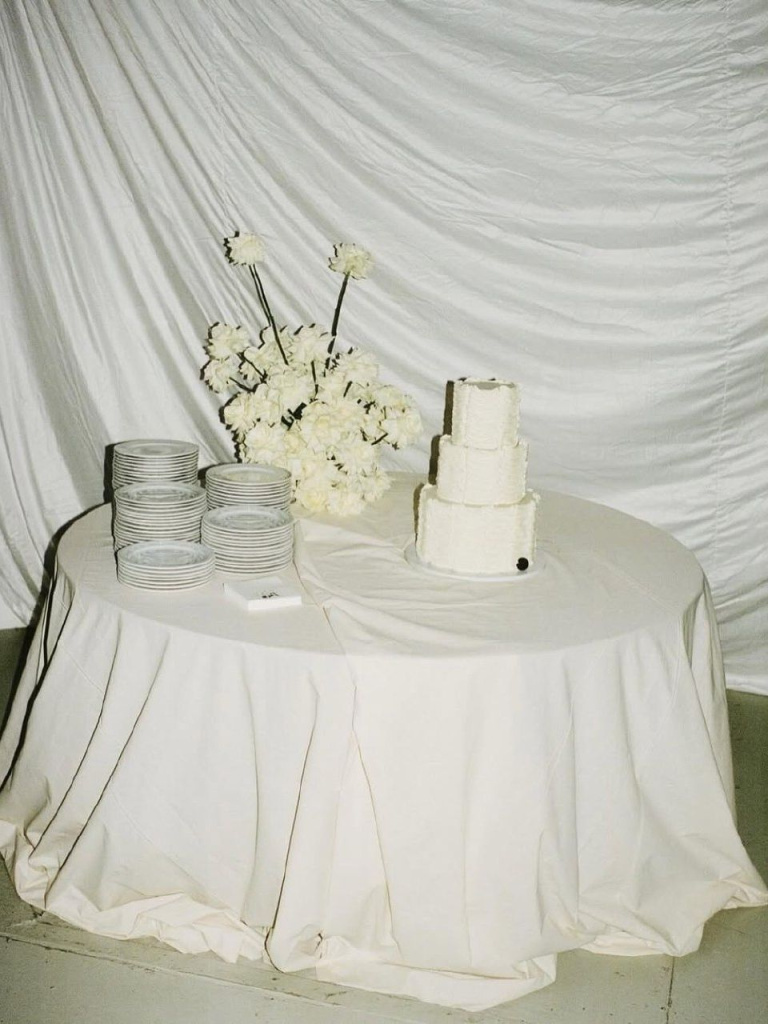
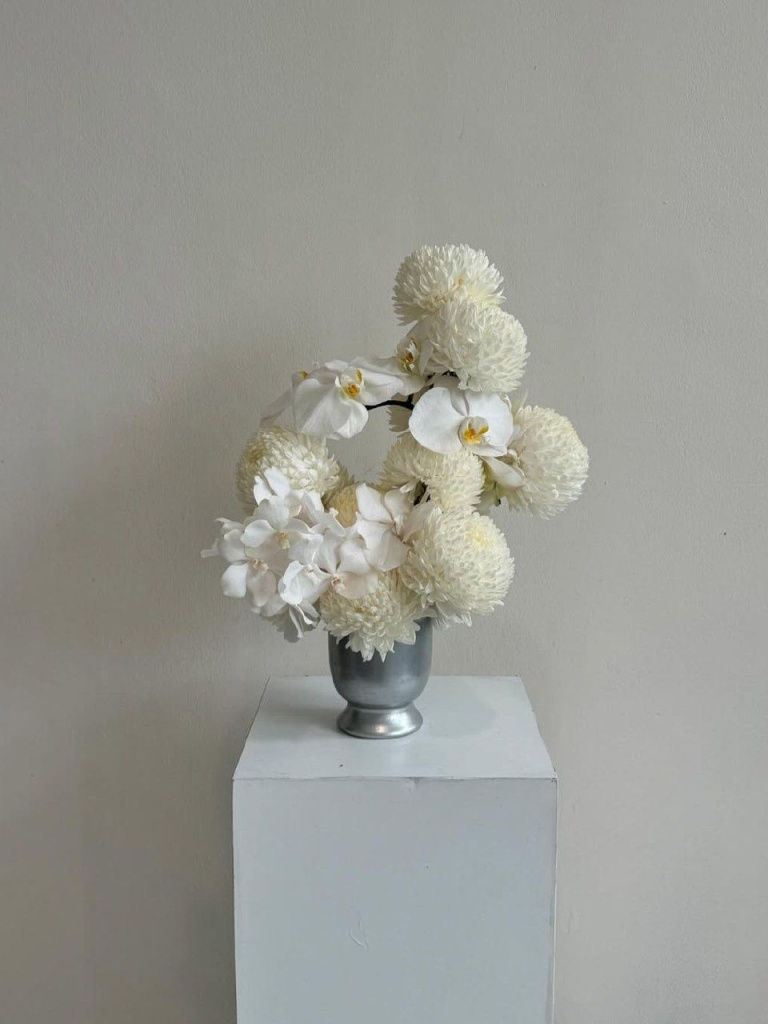
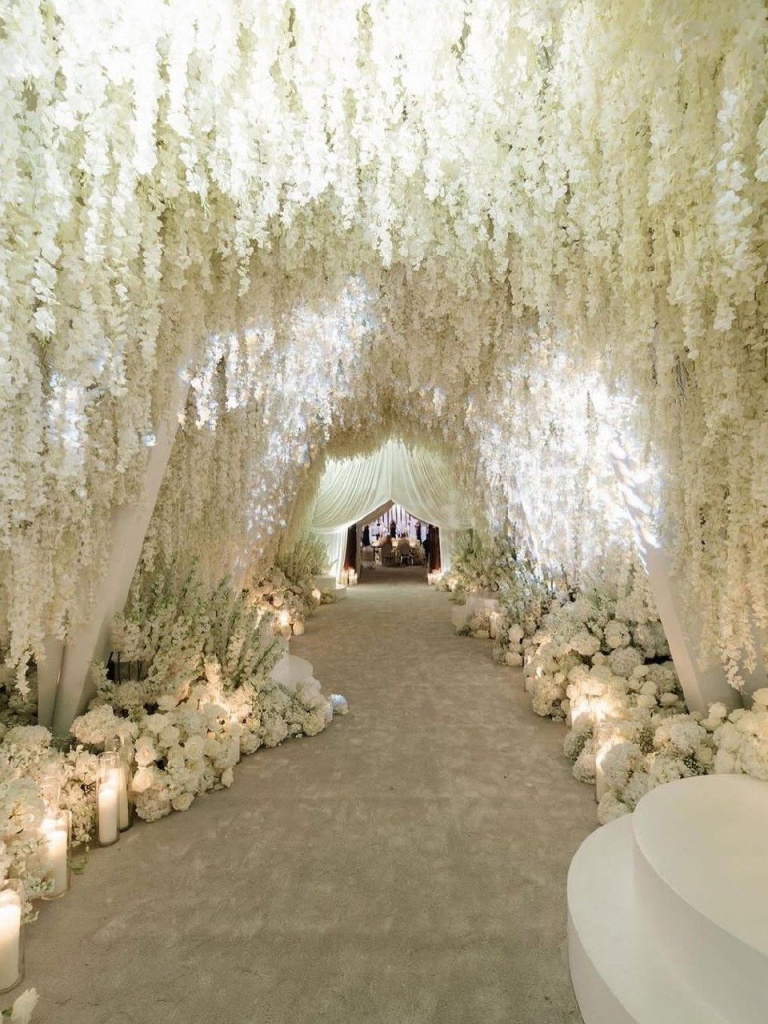
The Modern Influence of Wedding Flowers
Today, wedding flowers are chosen based on a combination of tradition, personal taste, and aesthetics. Sustainable and locally sourced flowers are becoming more popular, as couples seek eco-friendly options. Floral installations such as hanging gardens, flower walls, and cascading bouquets have become trendy elements in contemporary weddings.Additionally, floral arrangements are being used in innovative ways beyond traditional bouquets and table centerpieces. Couples are incorporating flowers into wearable accessories such as floral crowns, corsages, and even flower-adorned veils. Wedding backdrops featuring lush floral arrangements provide stunning visual appeal for ceremonies and photographs.Another modern trend is the use of dried flowers and preserved blooms. These long-lasting alternatives offer a sustainable choice while maintaining beauty and elegance. Dried lavender, eucalyptus, and baby’s breath have become popular options for eco-conscious couples.Technology is also playing a role in modern wedding floral trends. Digital flower projections and LED-lit floral displays are being used to enhance wedding venues, creating immersive and dynamic floral experiences. Virtual floral consultations have made it easier for couples to design their wedding florals remotely, ensuring a personalized touch while streamlining the planning process.Furthermore, flowers are now frequently integrated into wedding favors and guest experiences. Mini bouquets, pressed flower keepsakes, and floral-scented candles serve as memorable gifts that reflect the floral theme of the wedding.
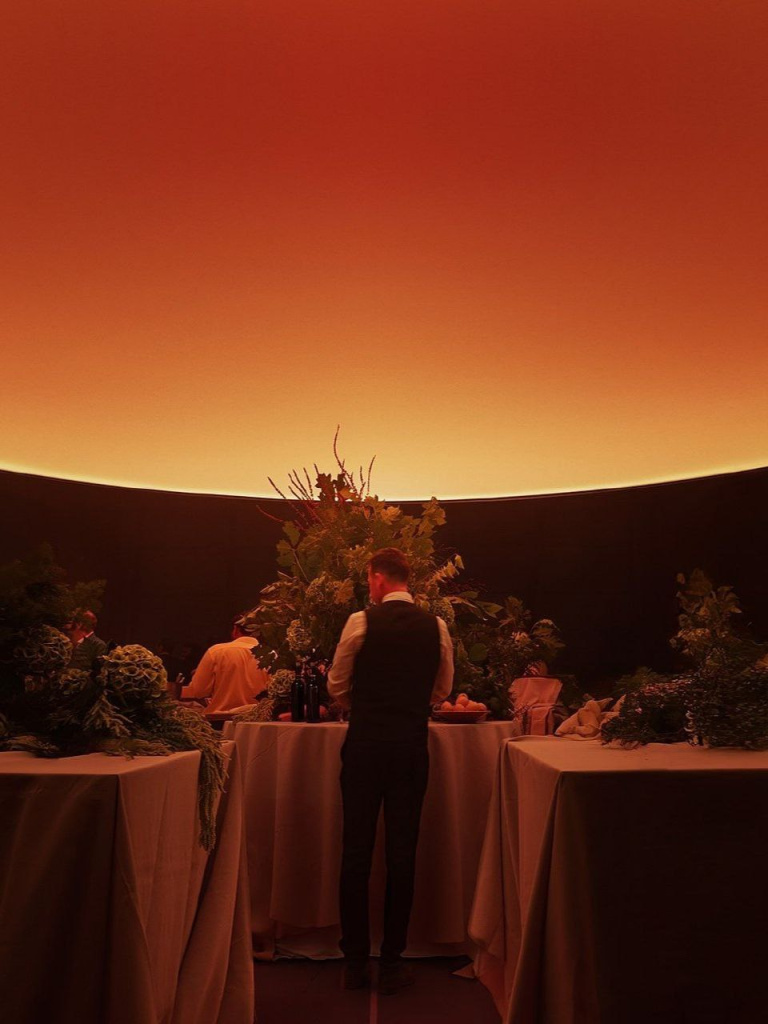
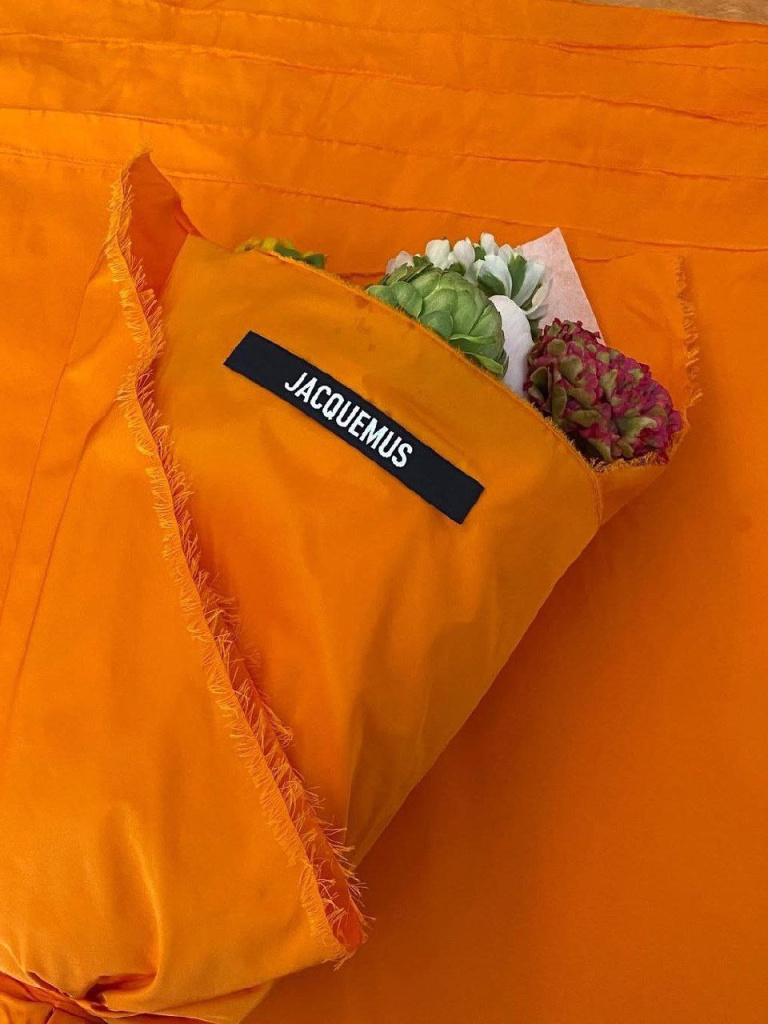
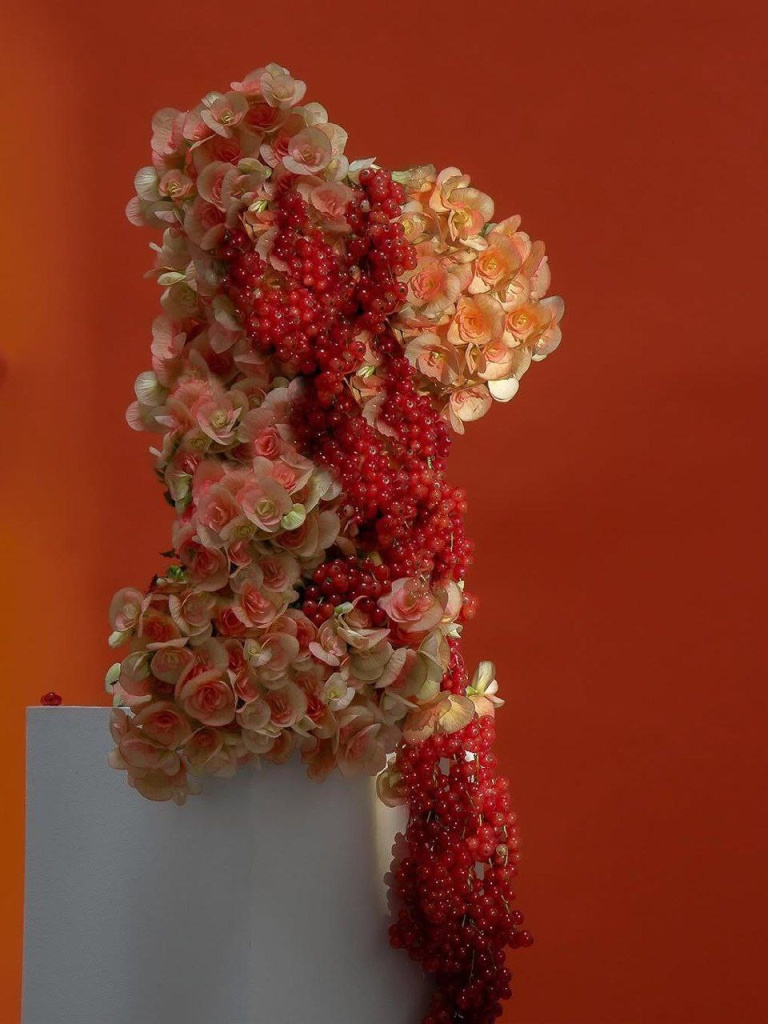
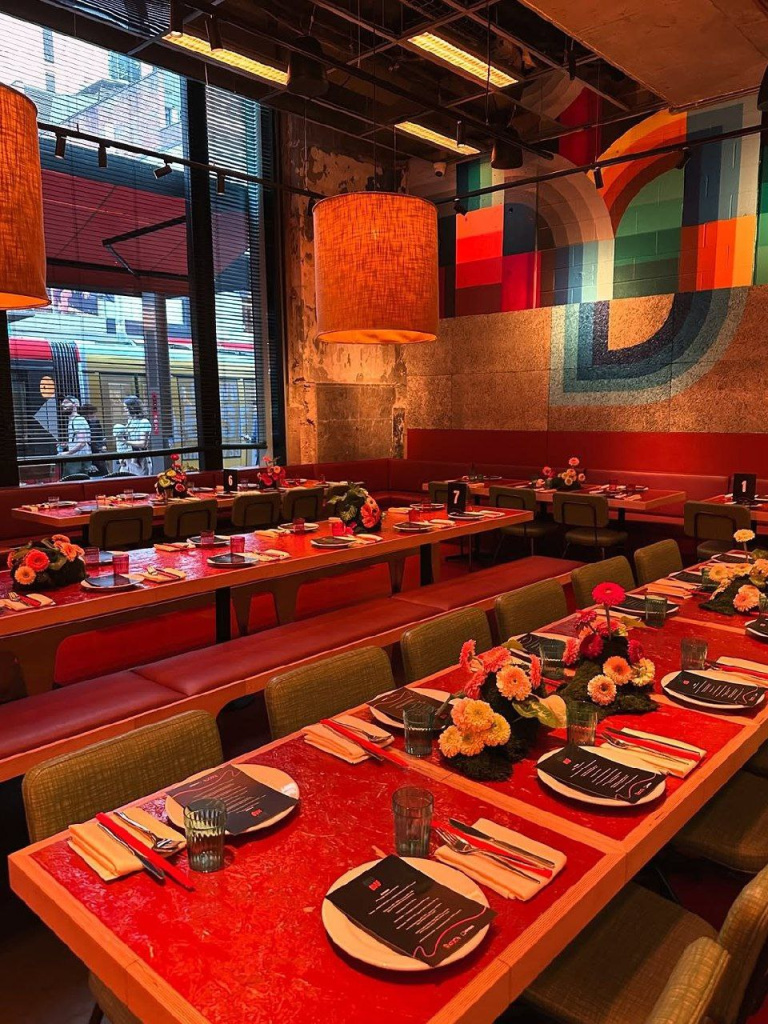

Choosing the Right Flowers for Your Wedding
When selecting wedding flowers, it is important to consider their meaning, seasonality, and cultural significance. Many couples choose flowers that hold sentimental value or reflect their heritage. Whether opting for a traditional floral arrangement or a modern minimalist bouquet, flowers continue to play a vital role in weddings worldwide.Flowers have a timeless significance in wedding traditions across the globe. They bring beauty, emotion, and symbolism to one of life’s most important celebrations. Whether used for decoration, exchanged in ceremonies, or worn as accessories, flowers remain a powerful expression of love, unity, and new beginnings in weddings worldwide.
